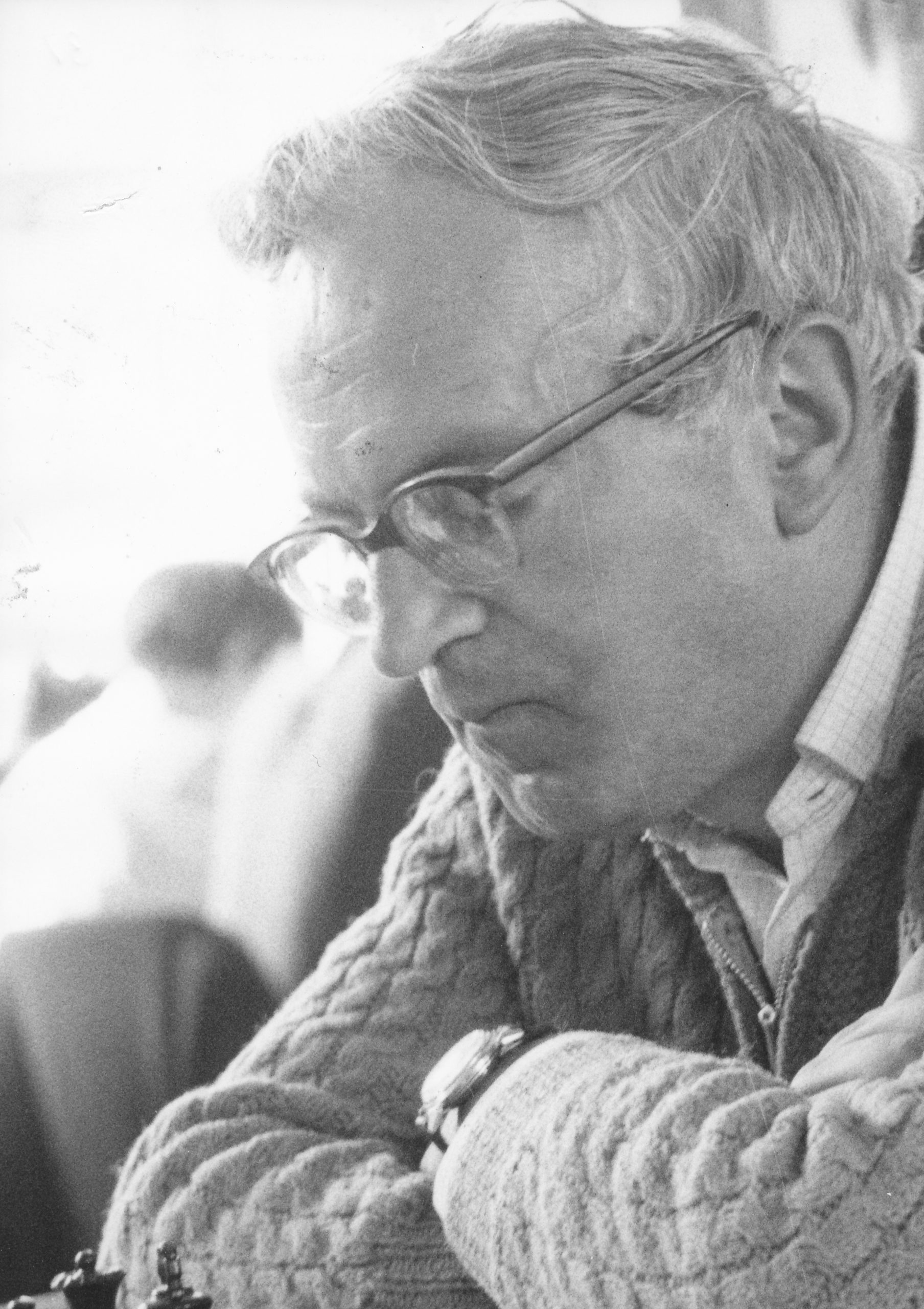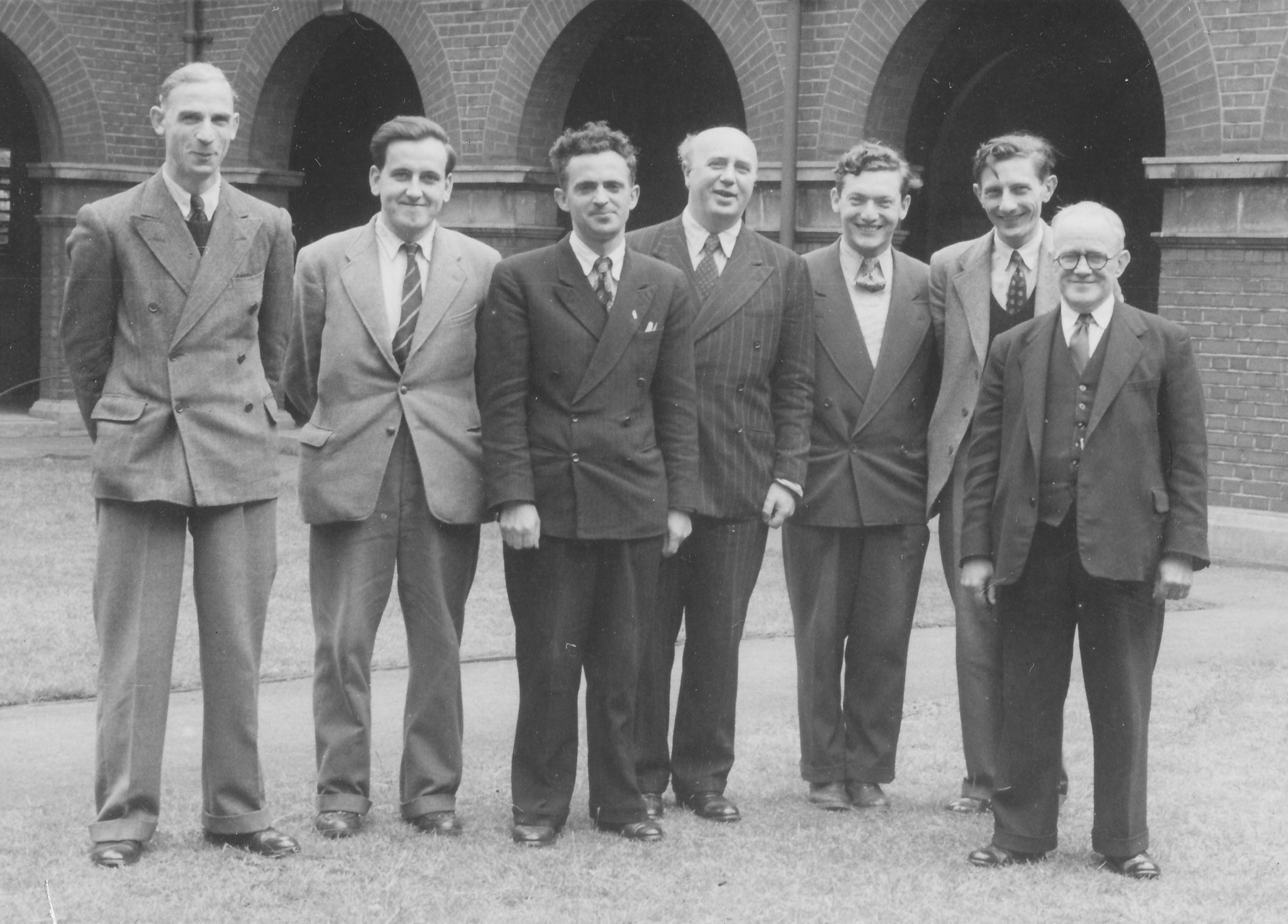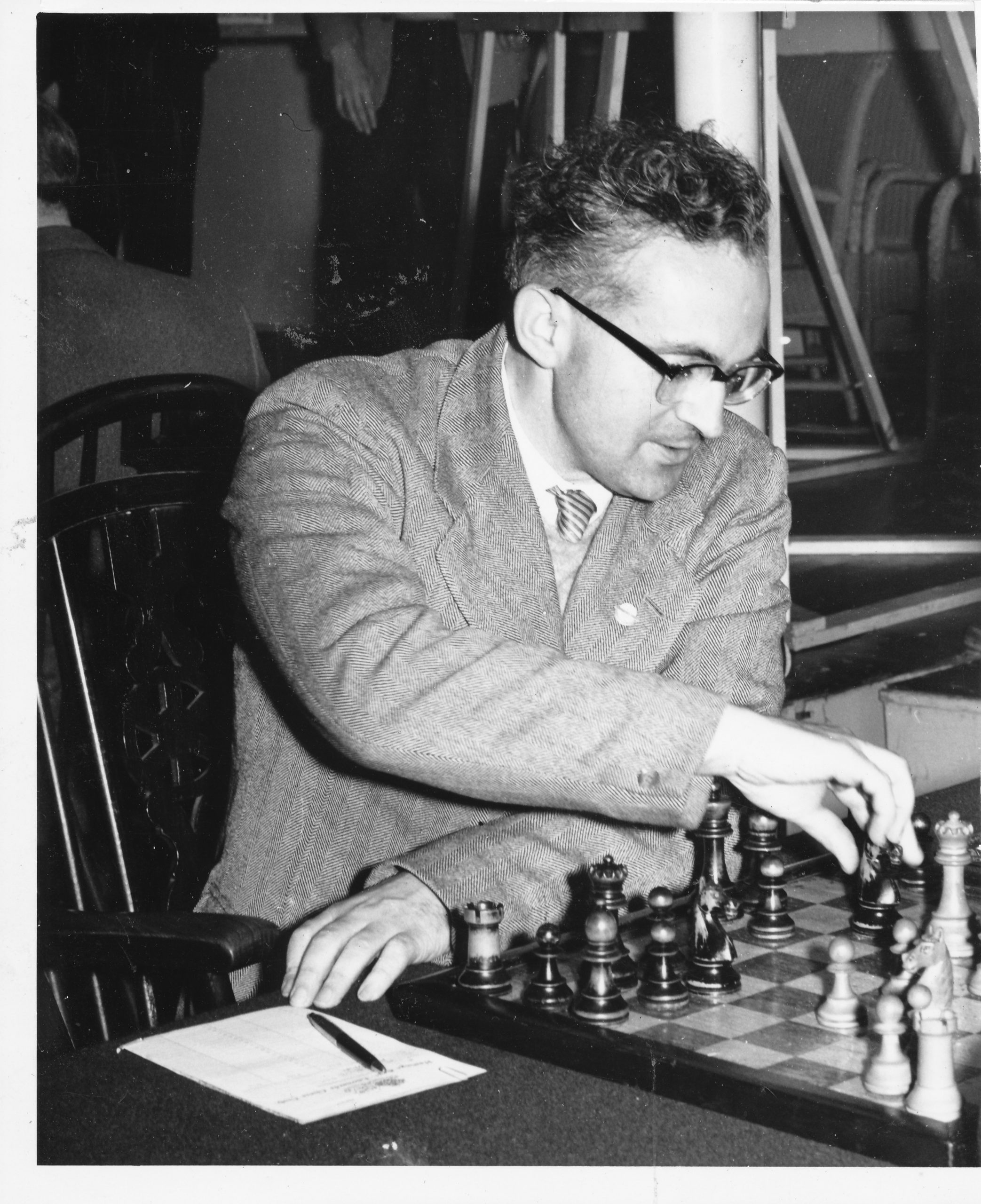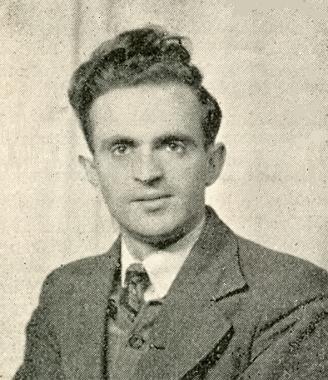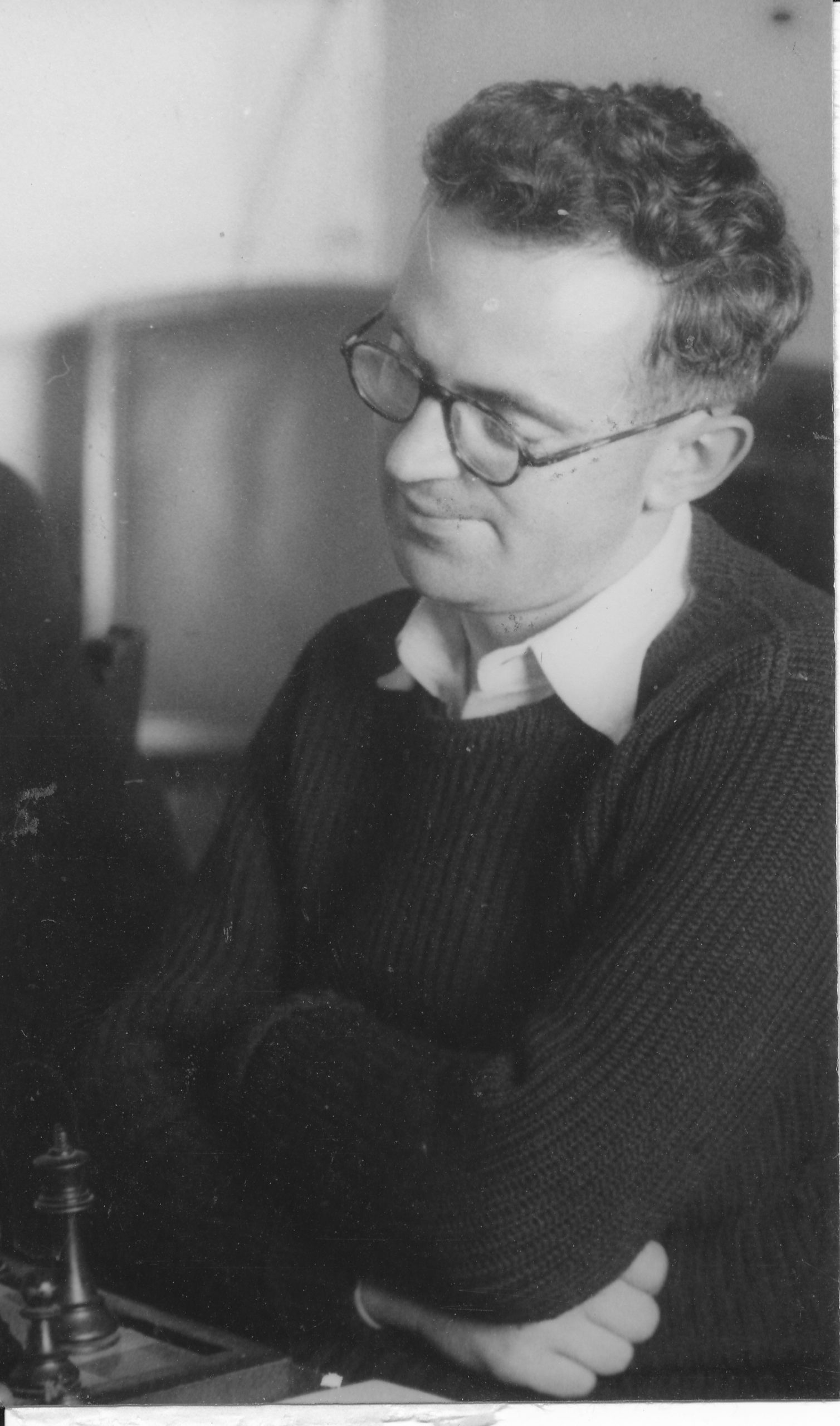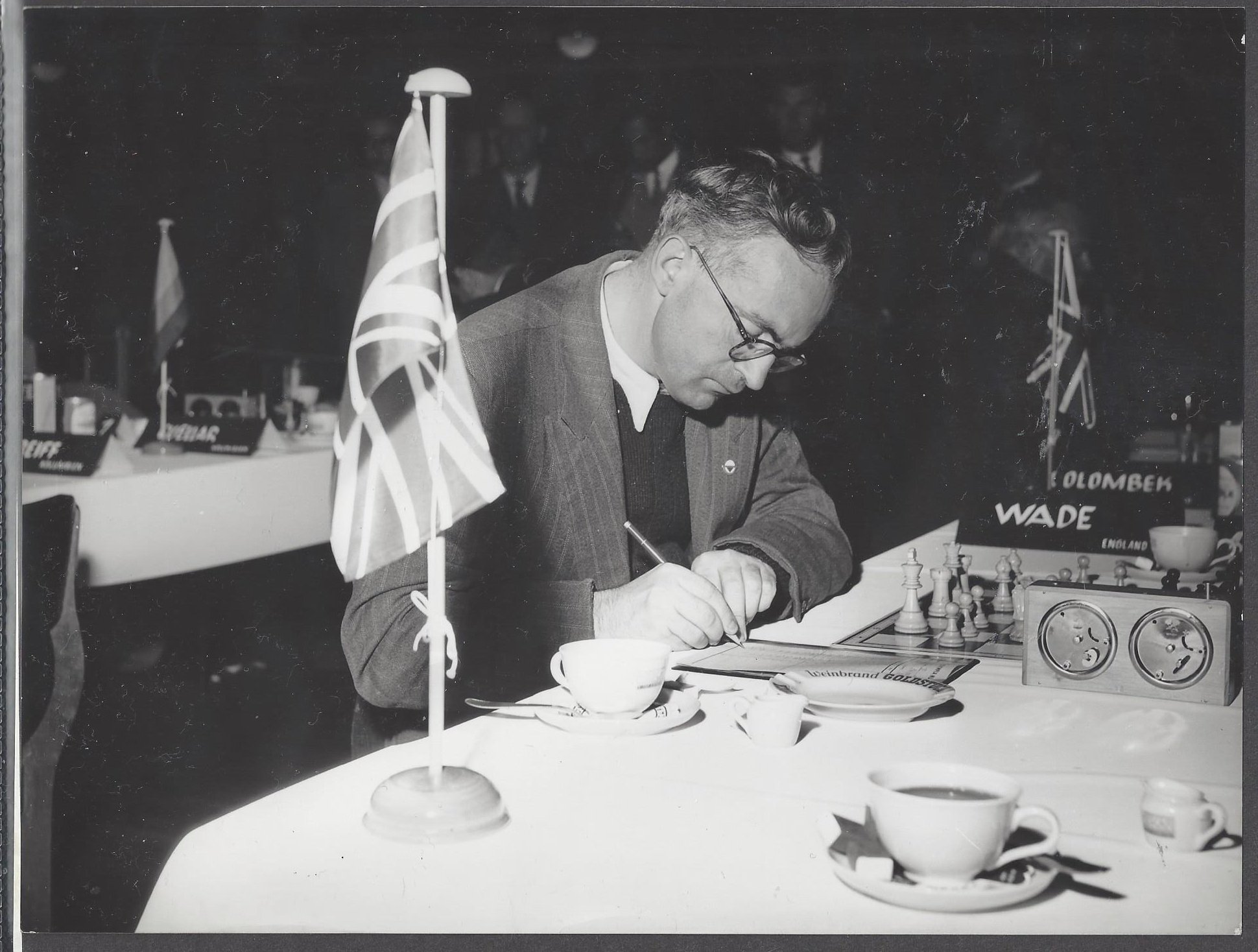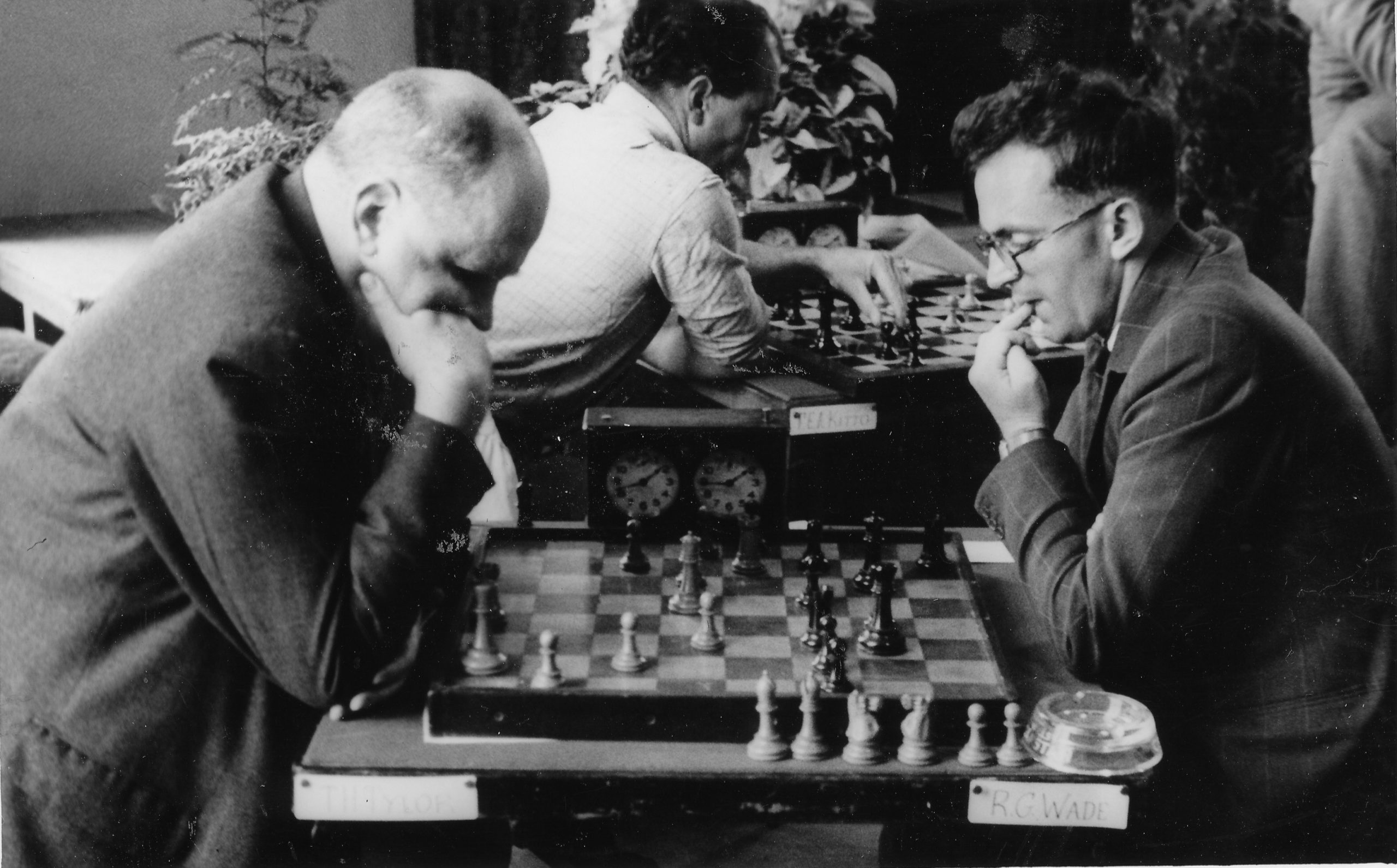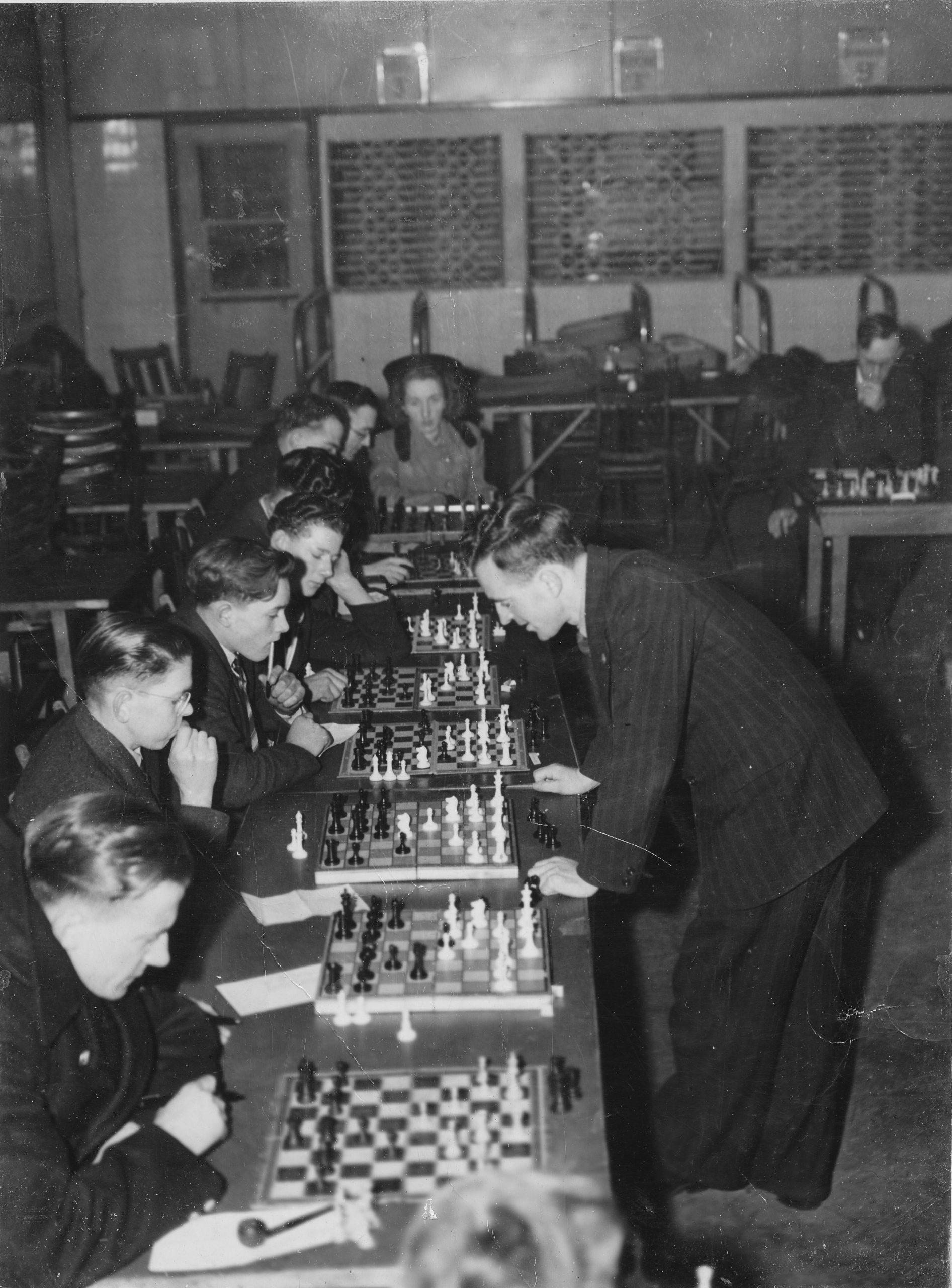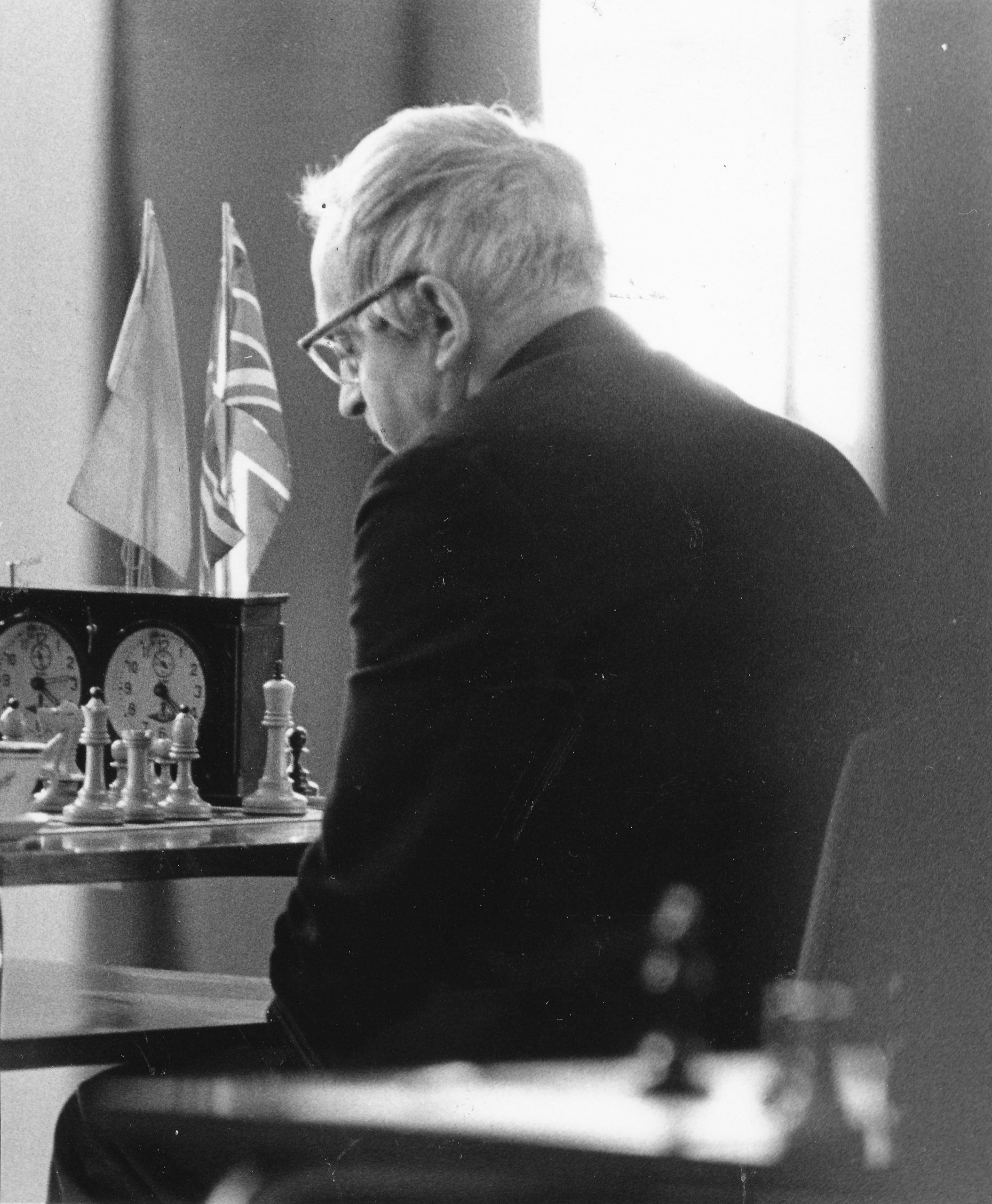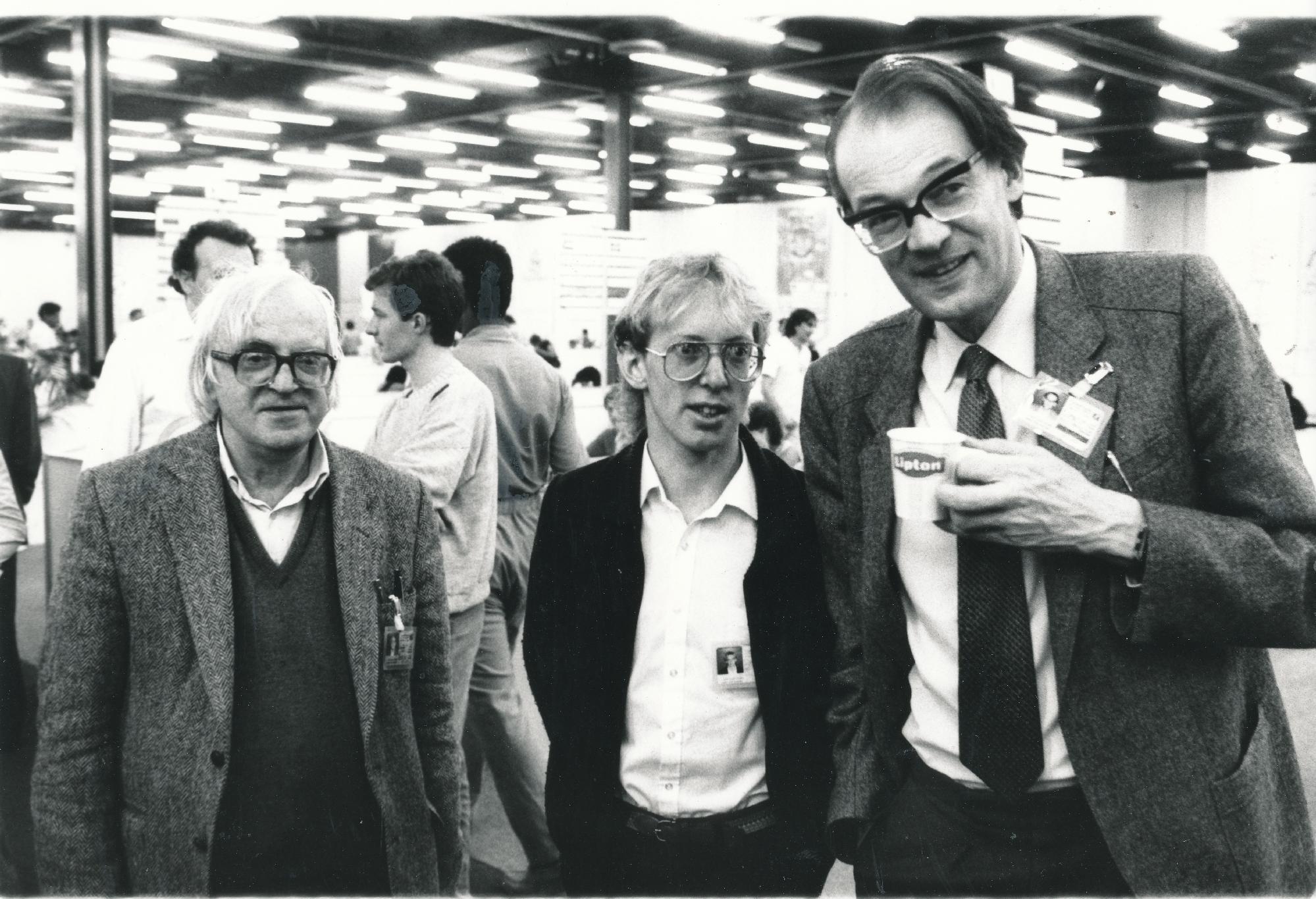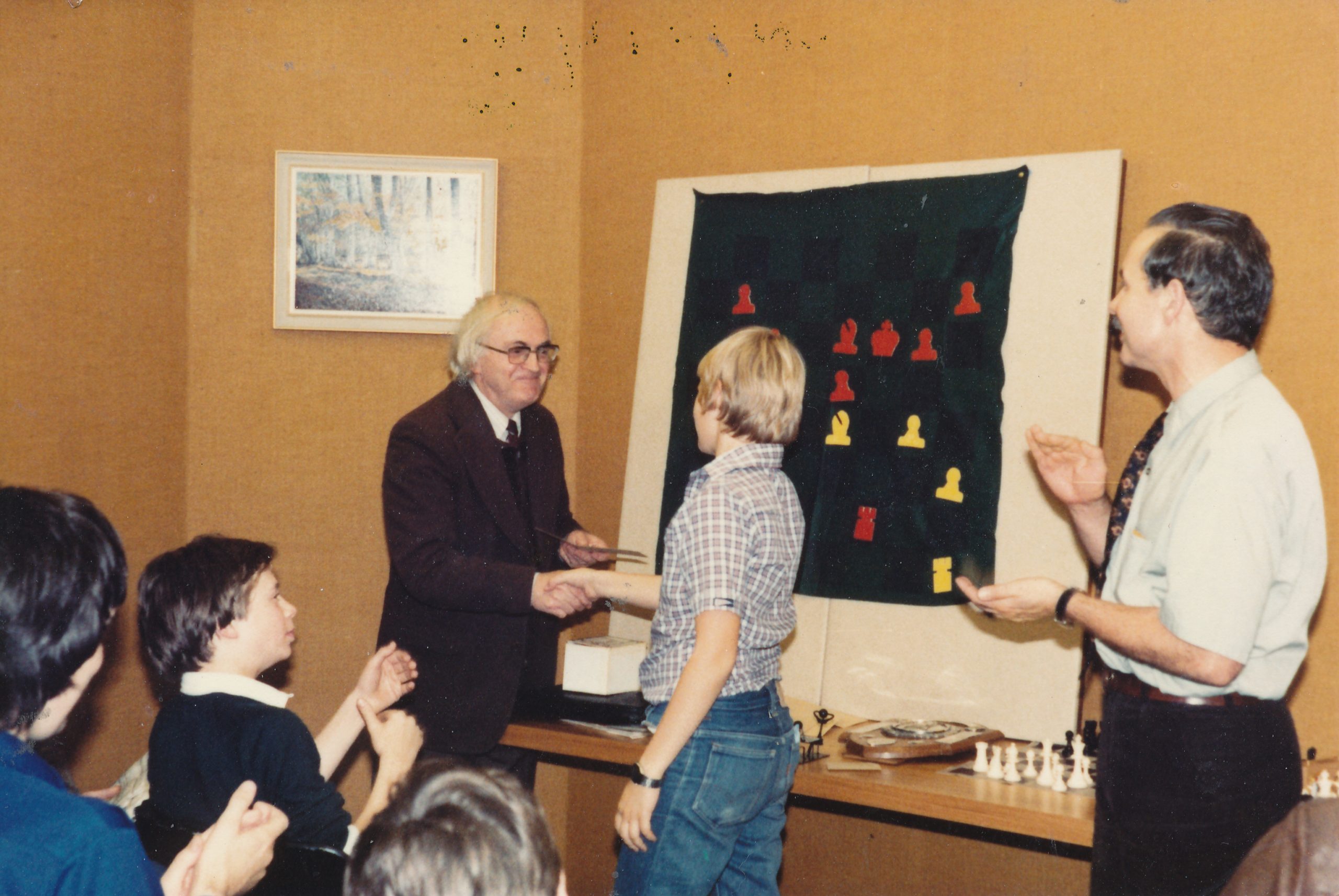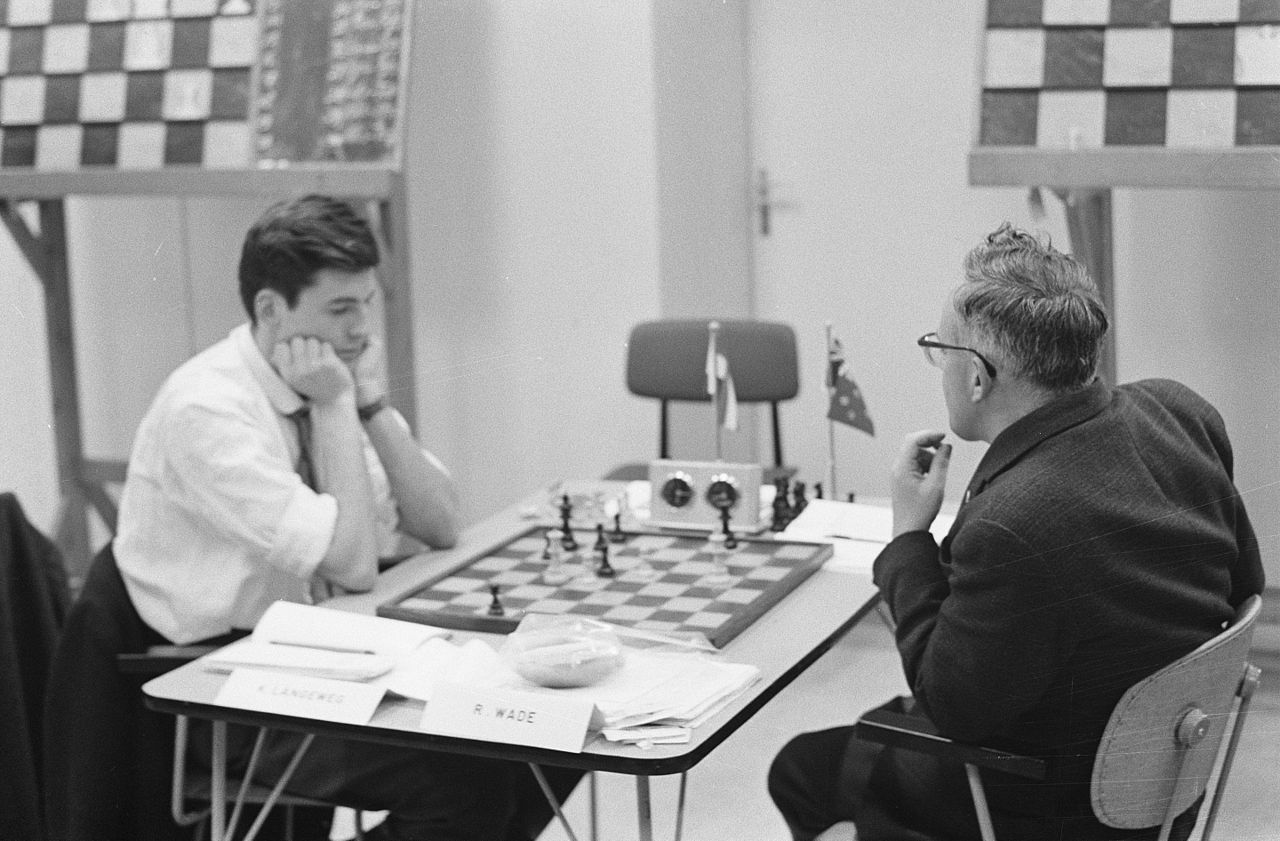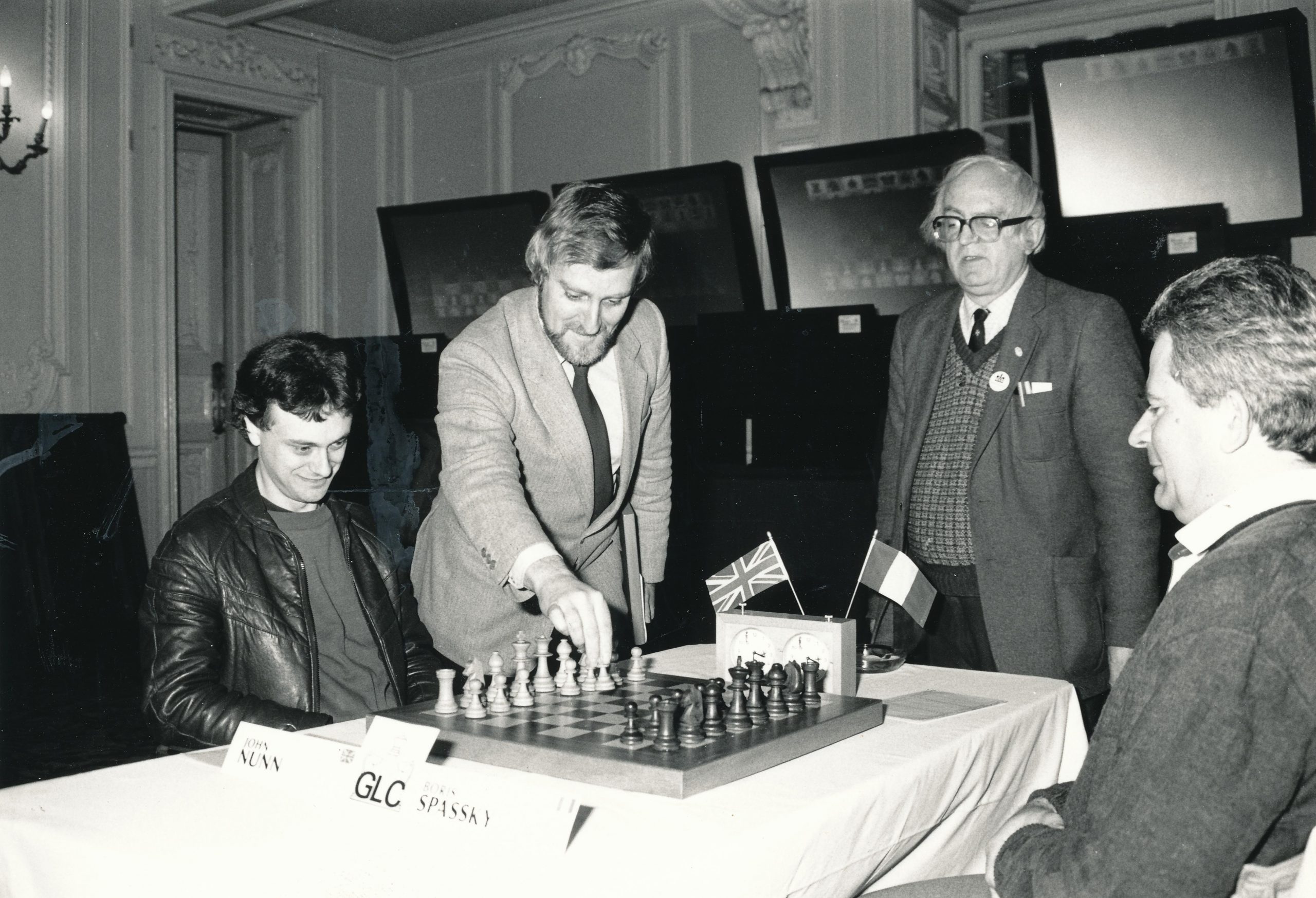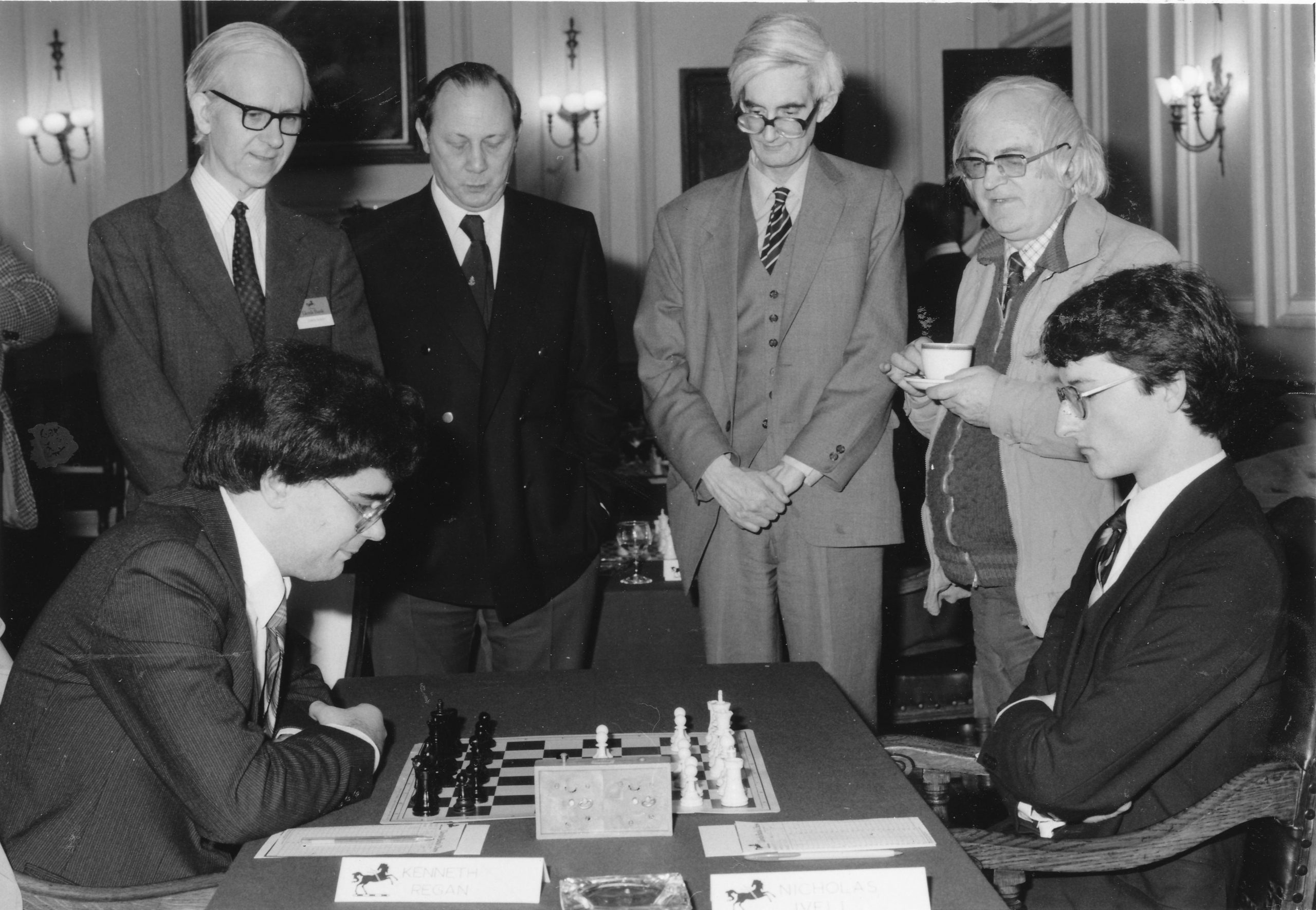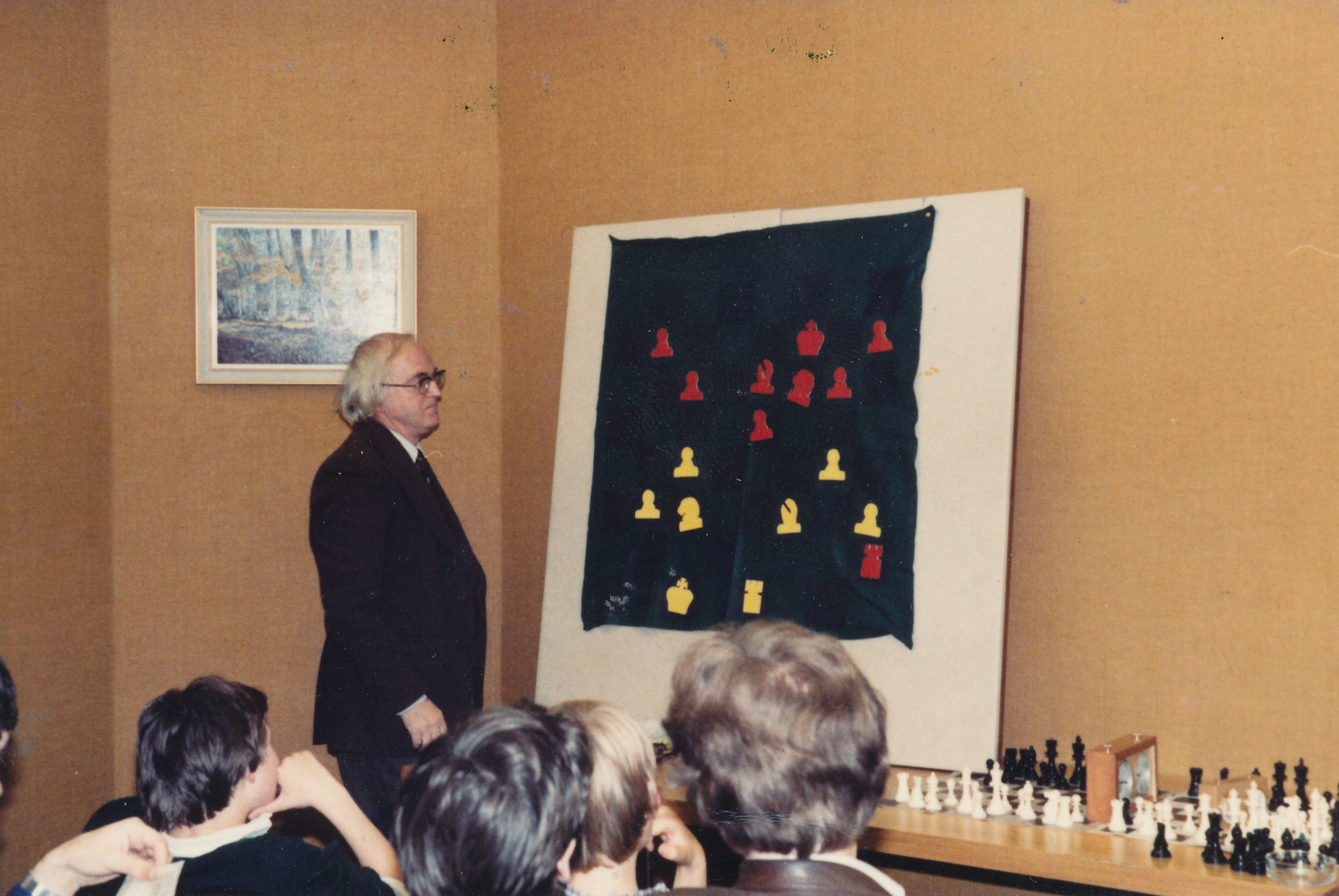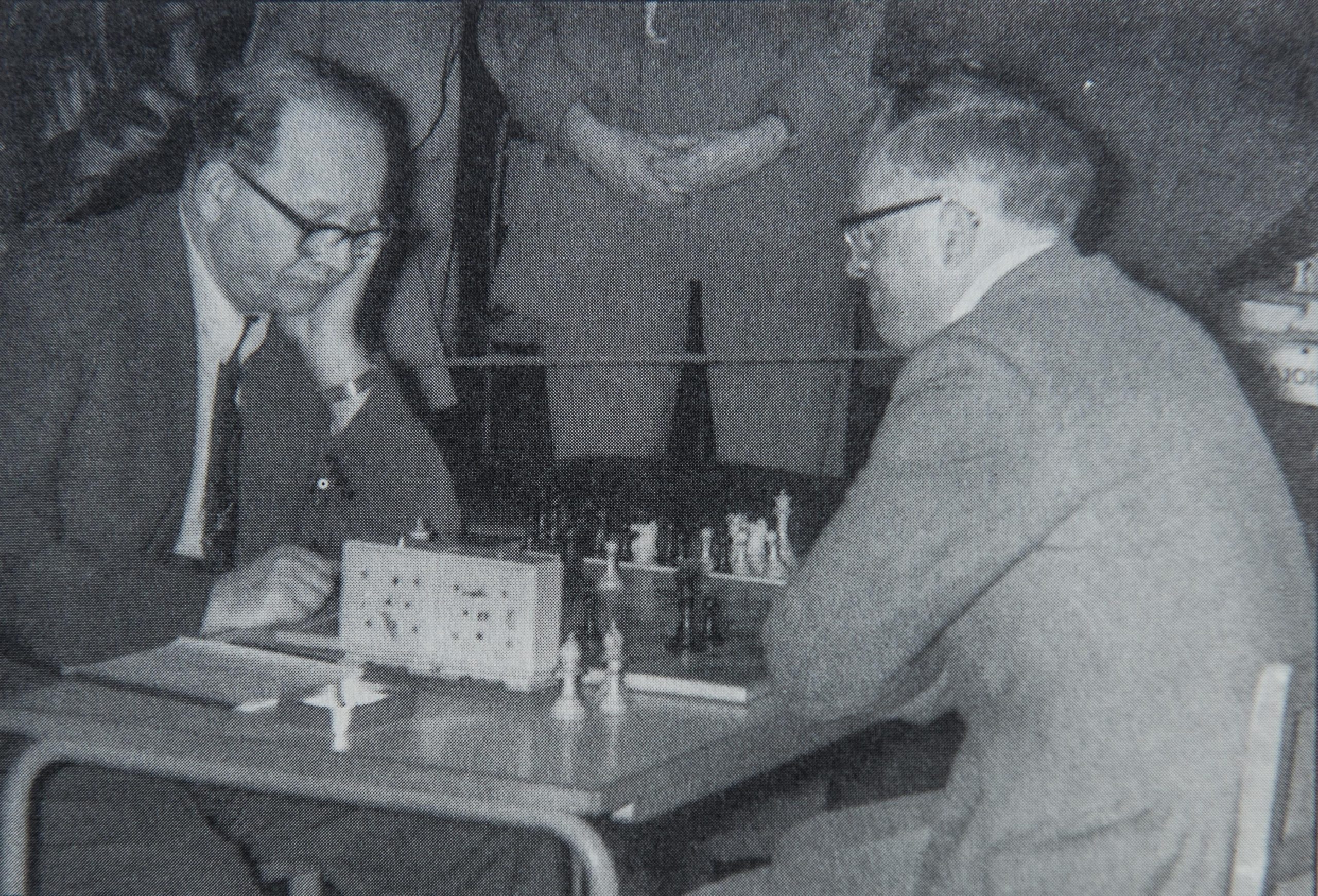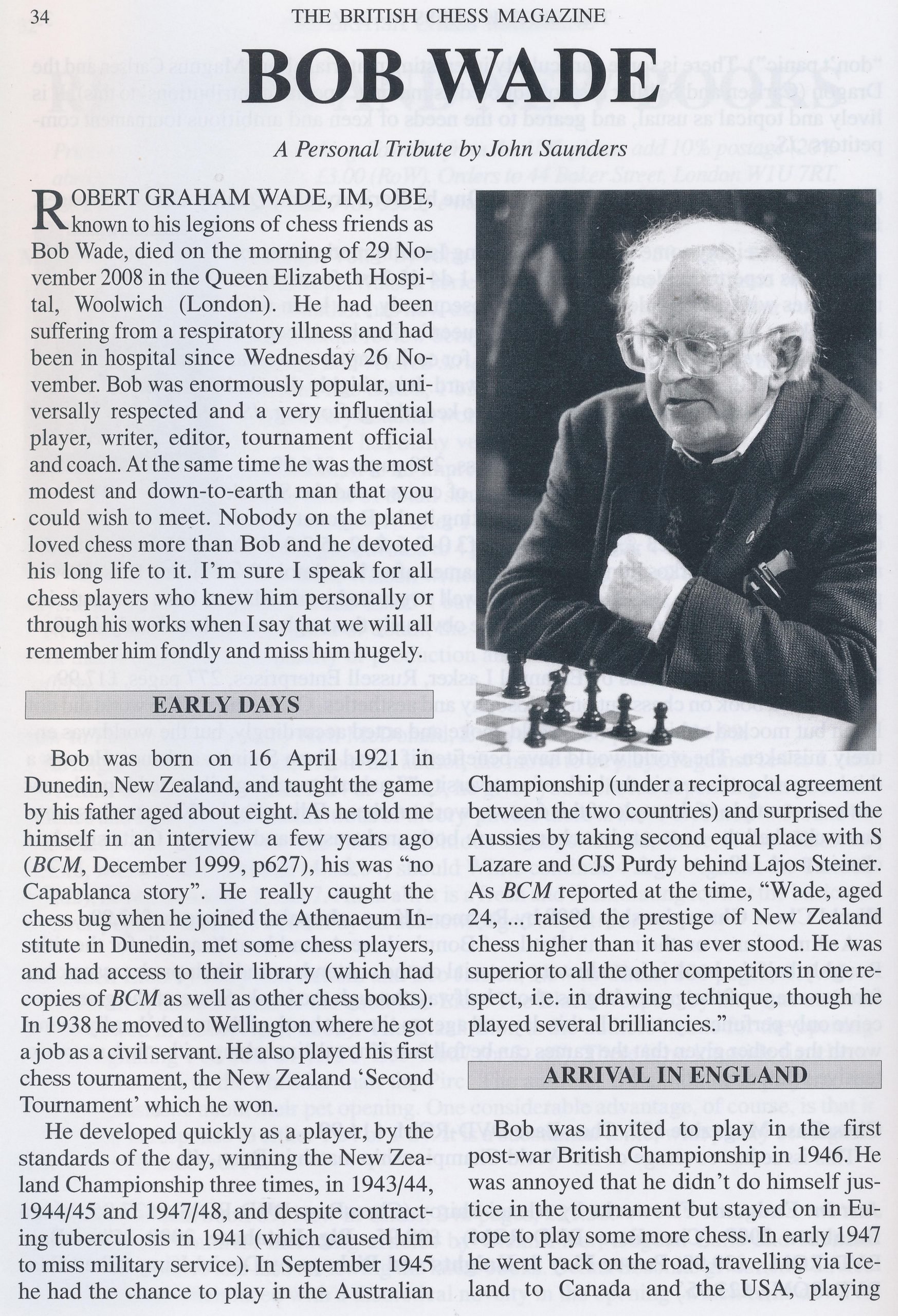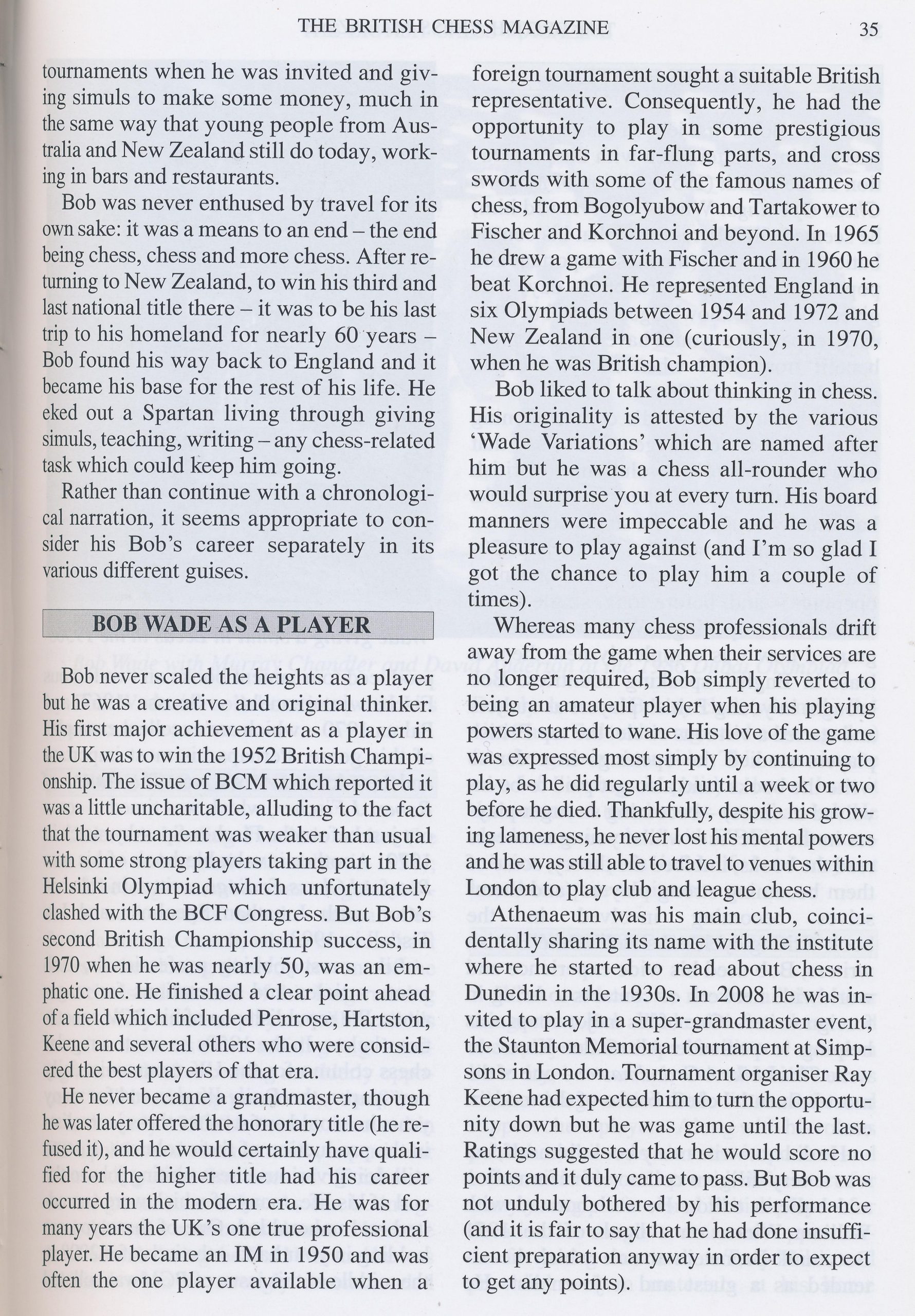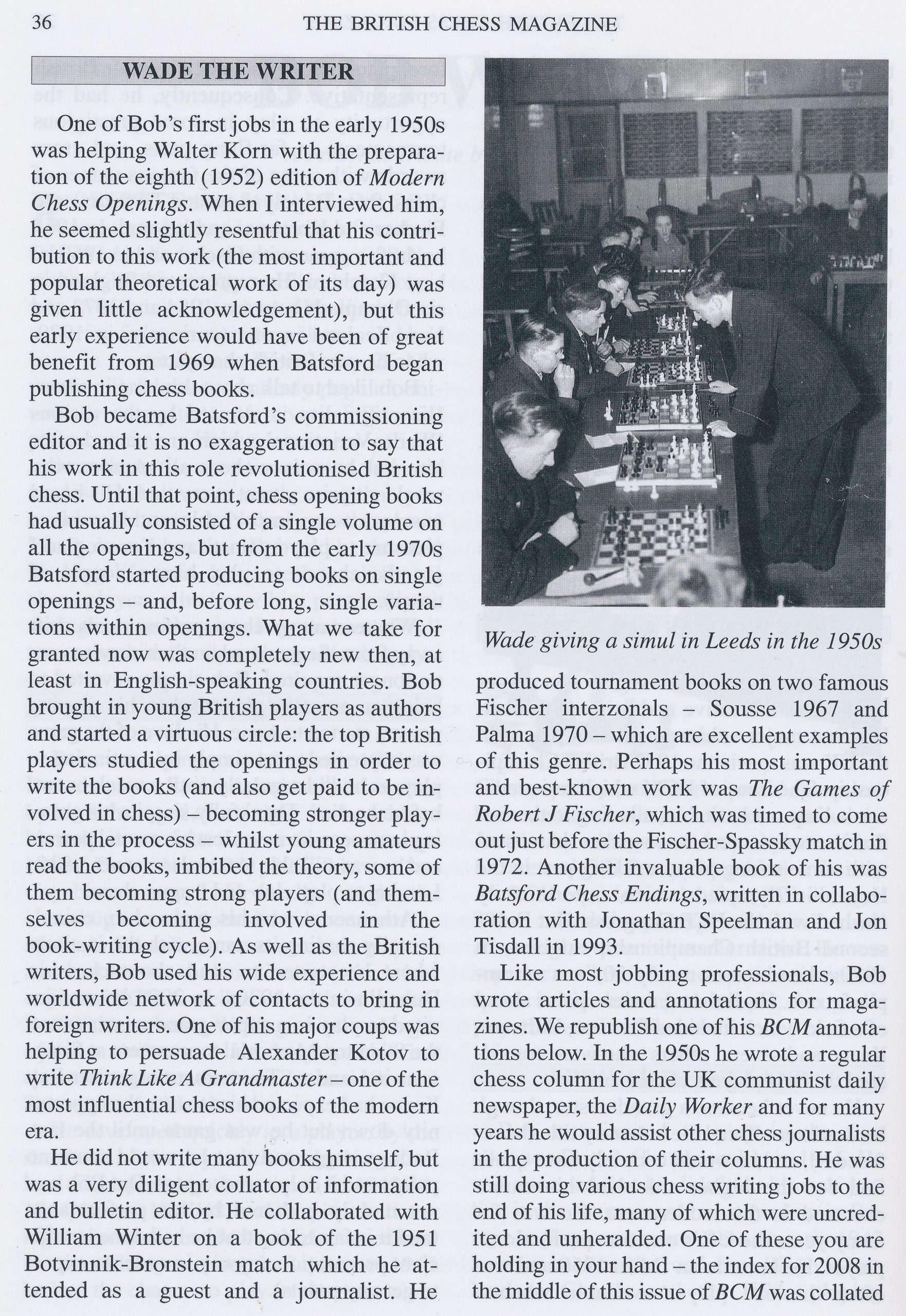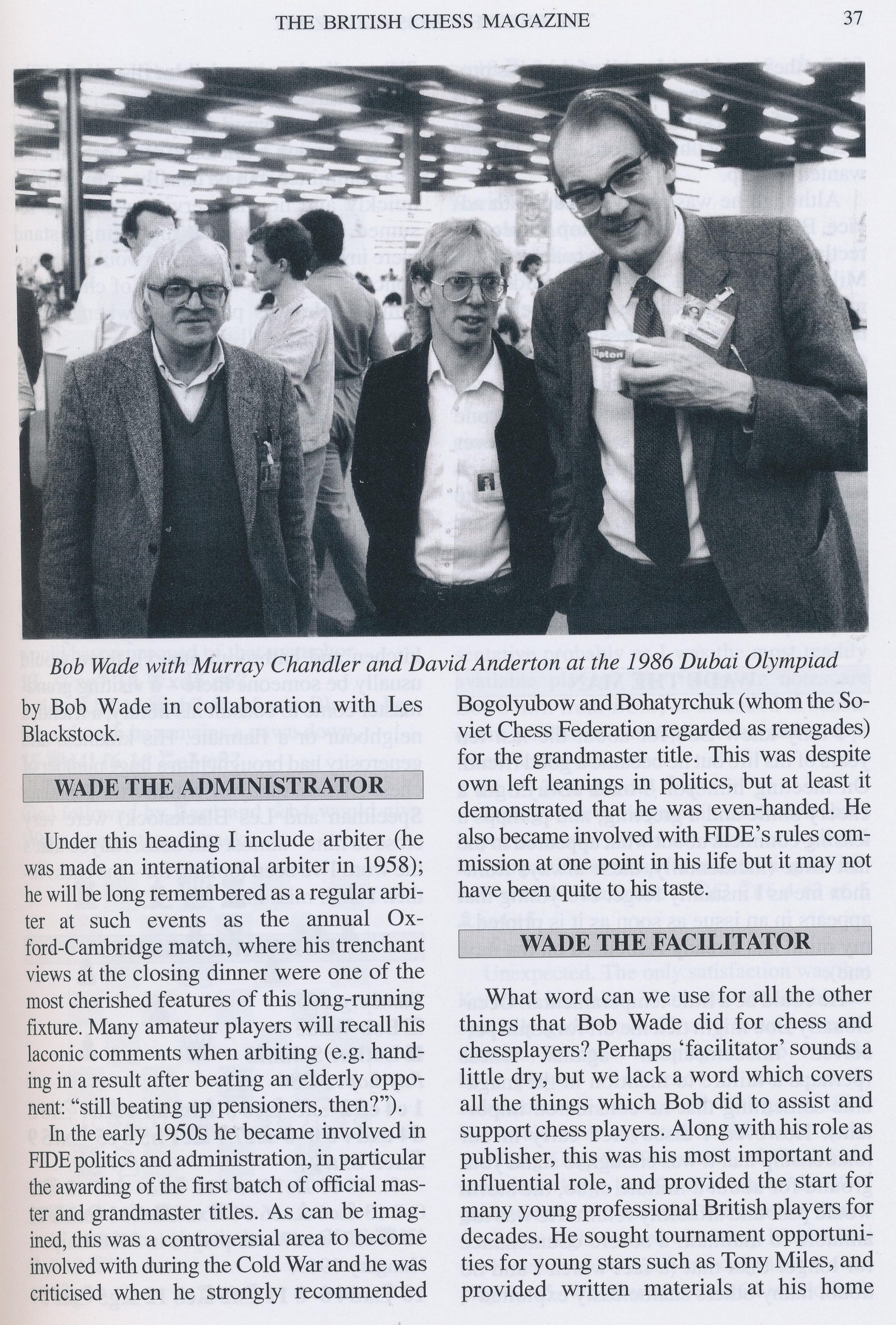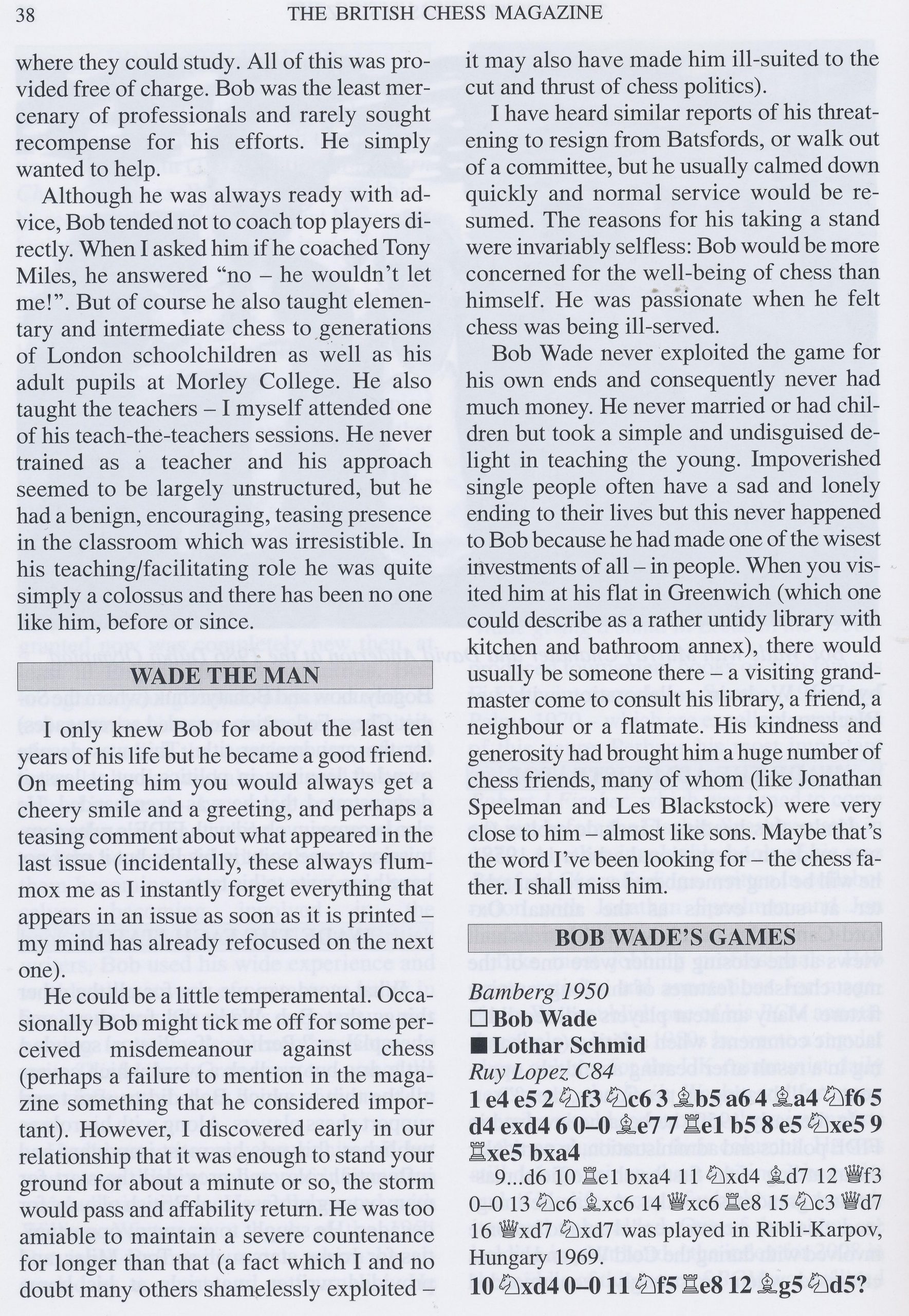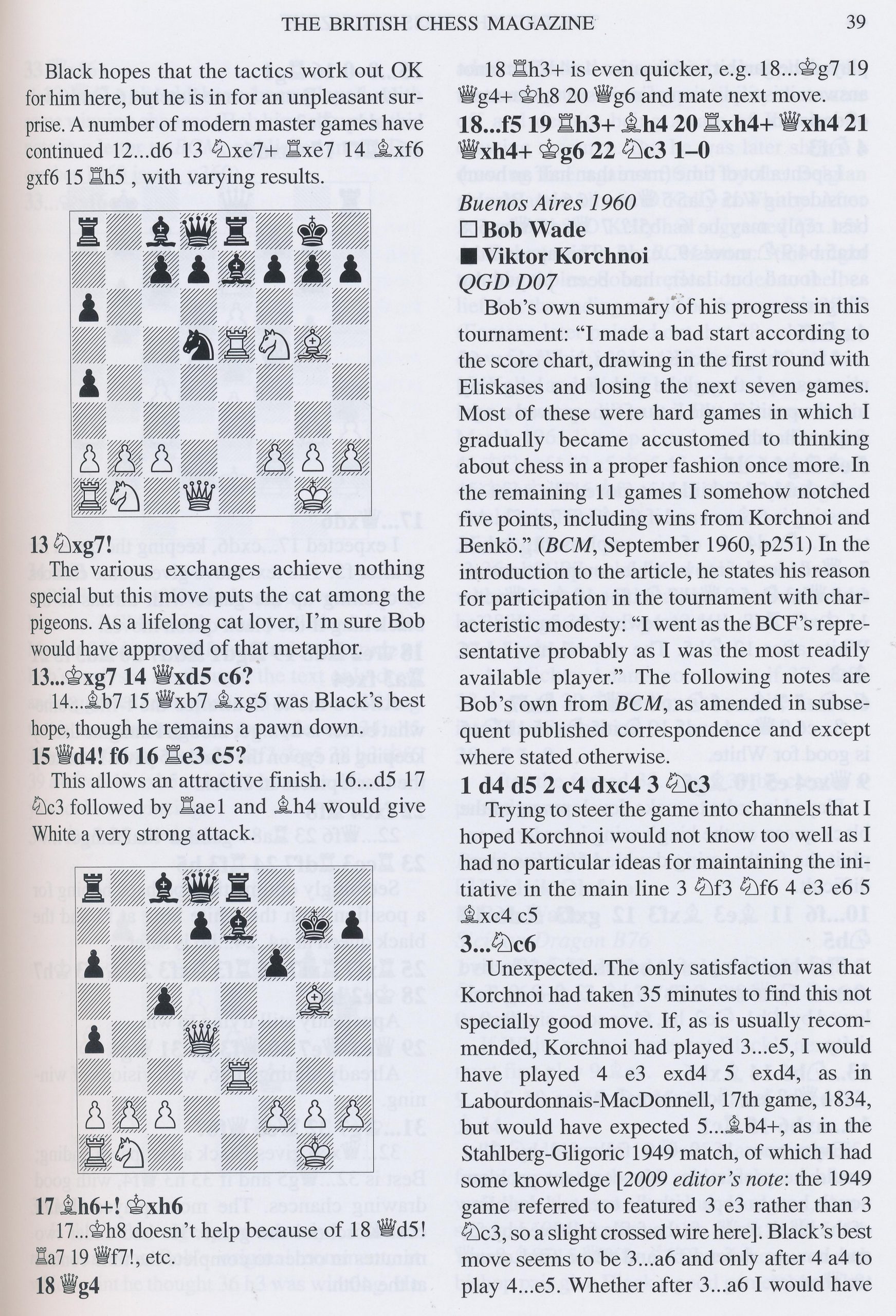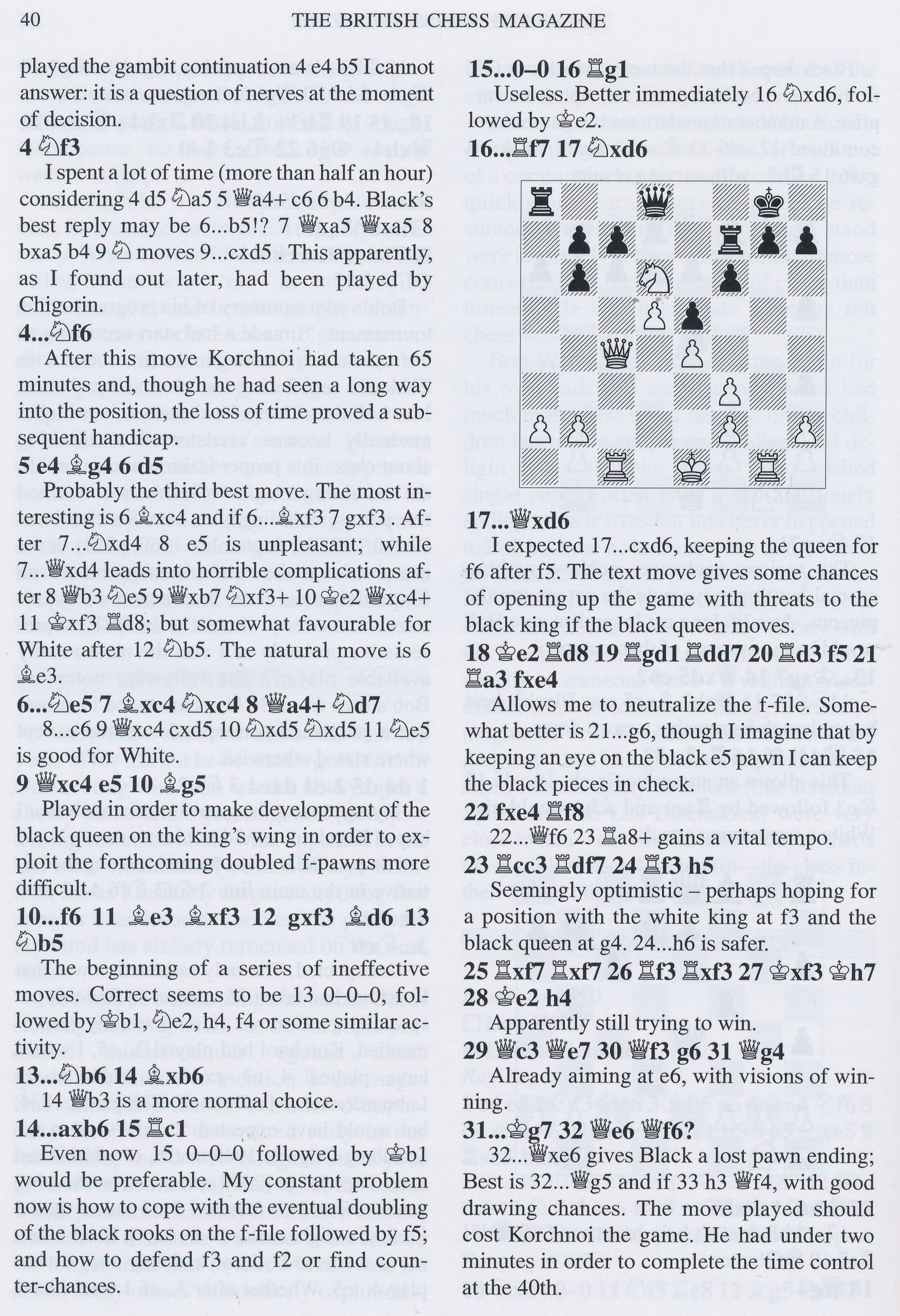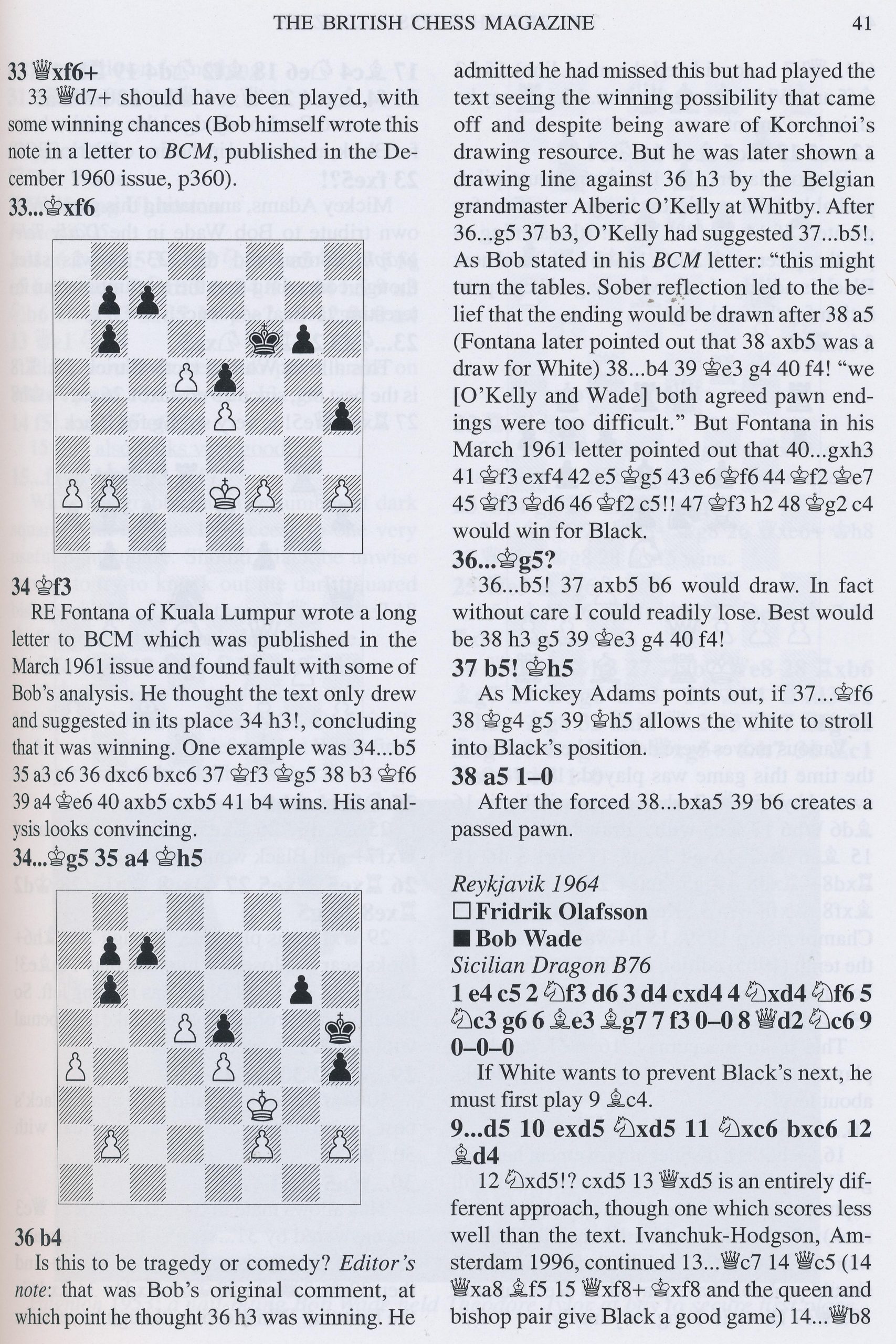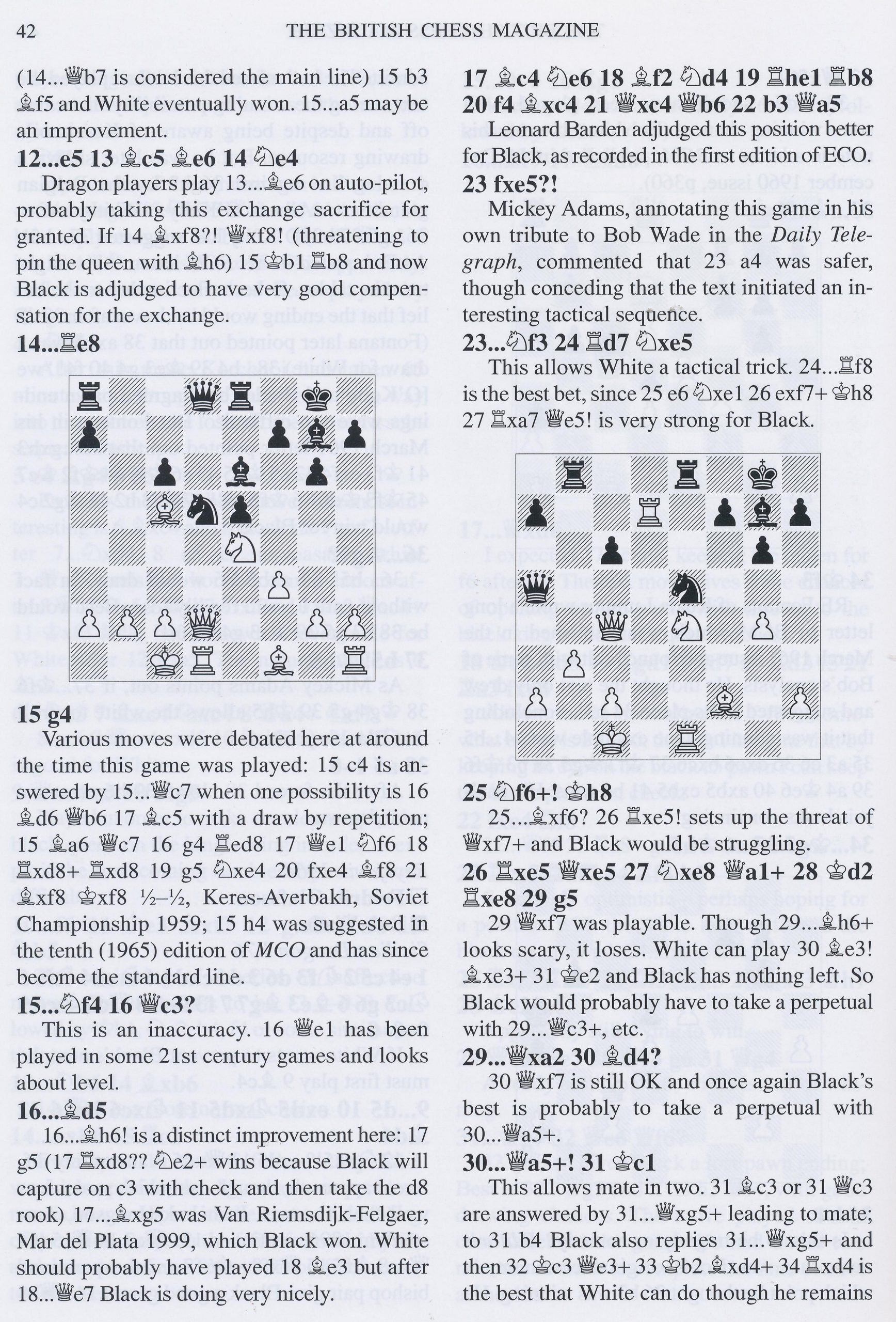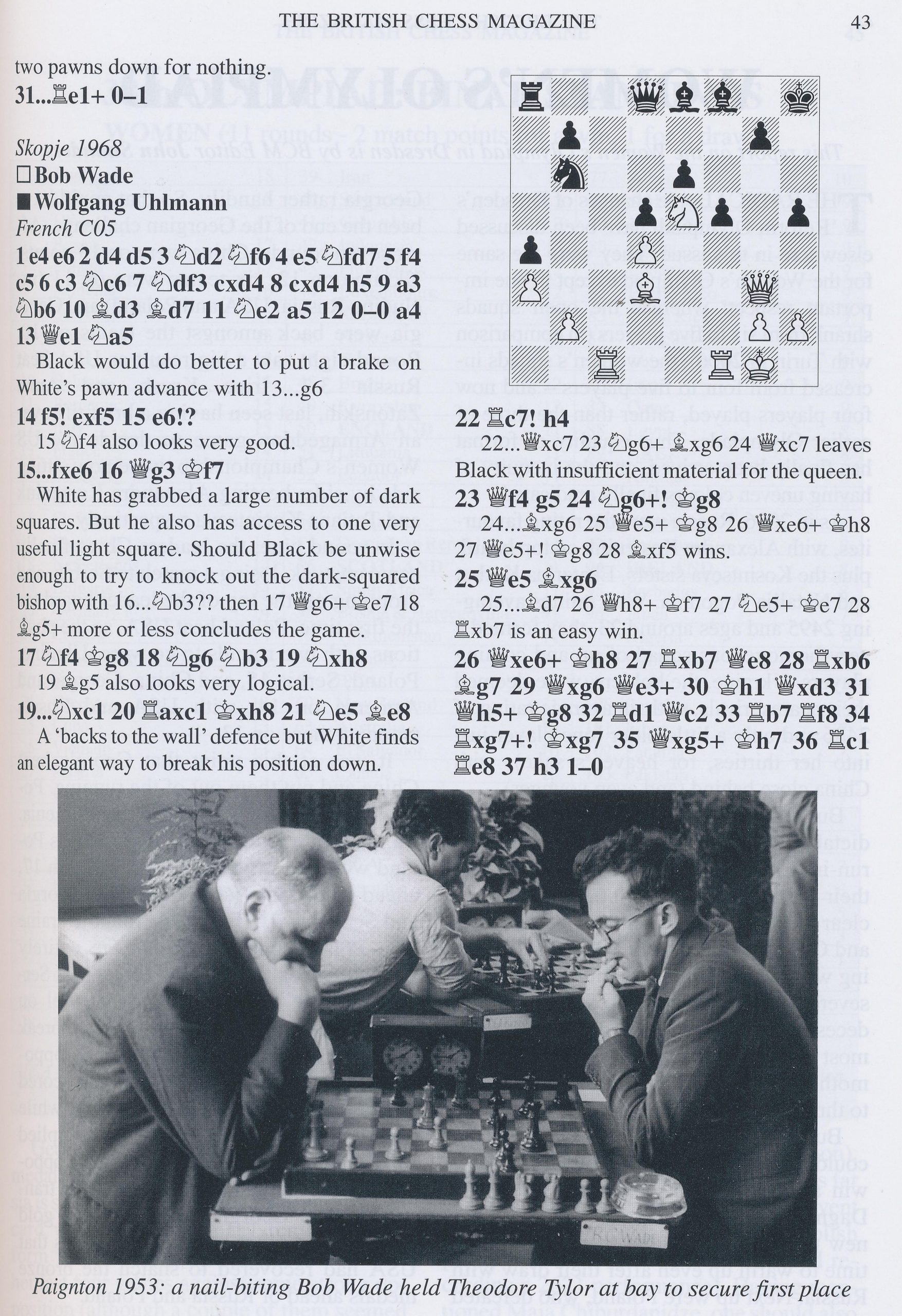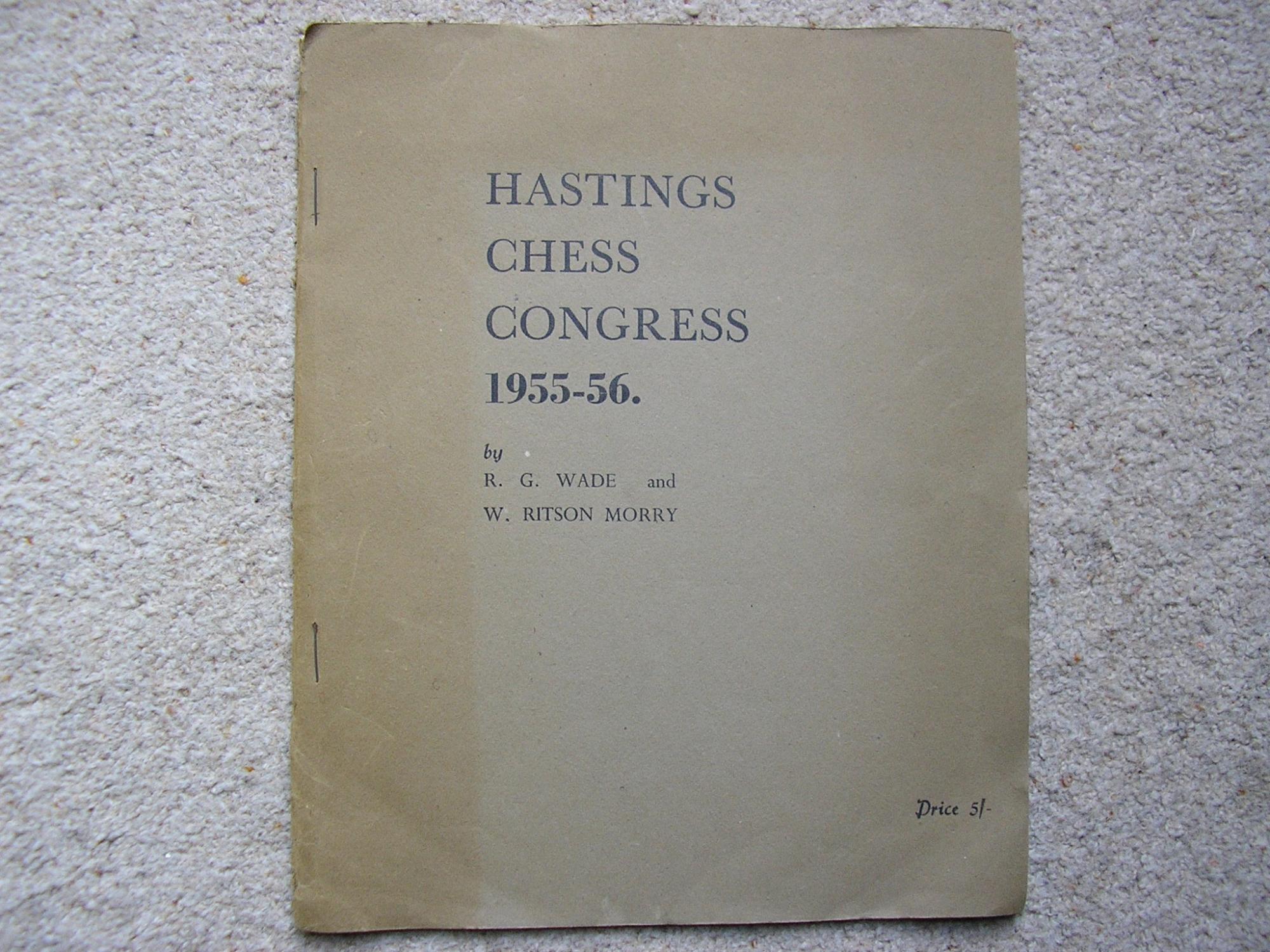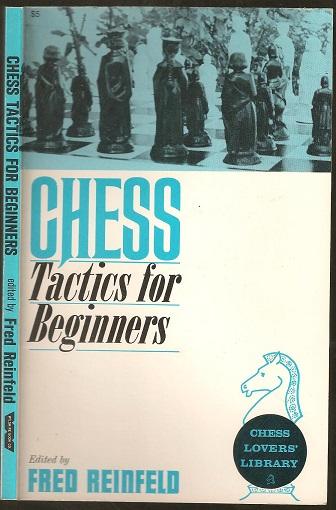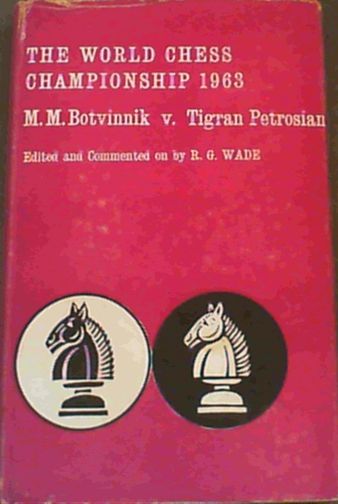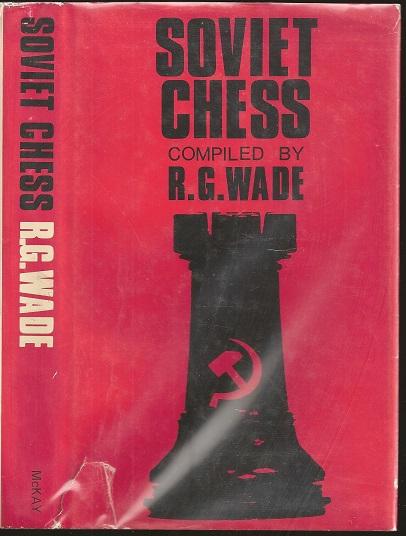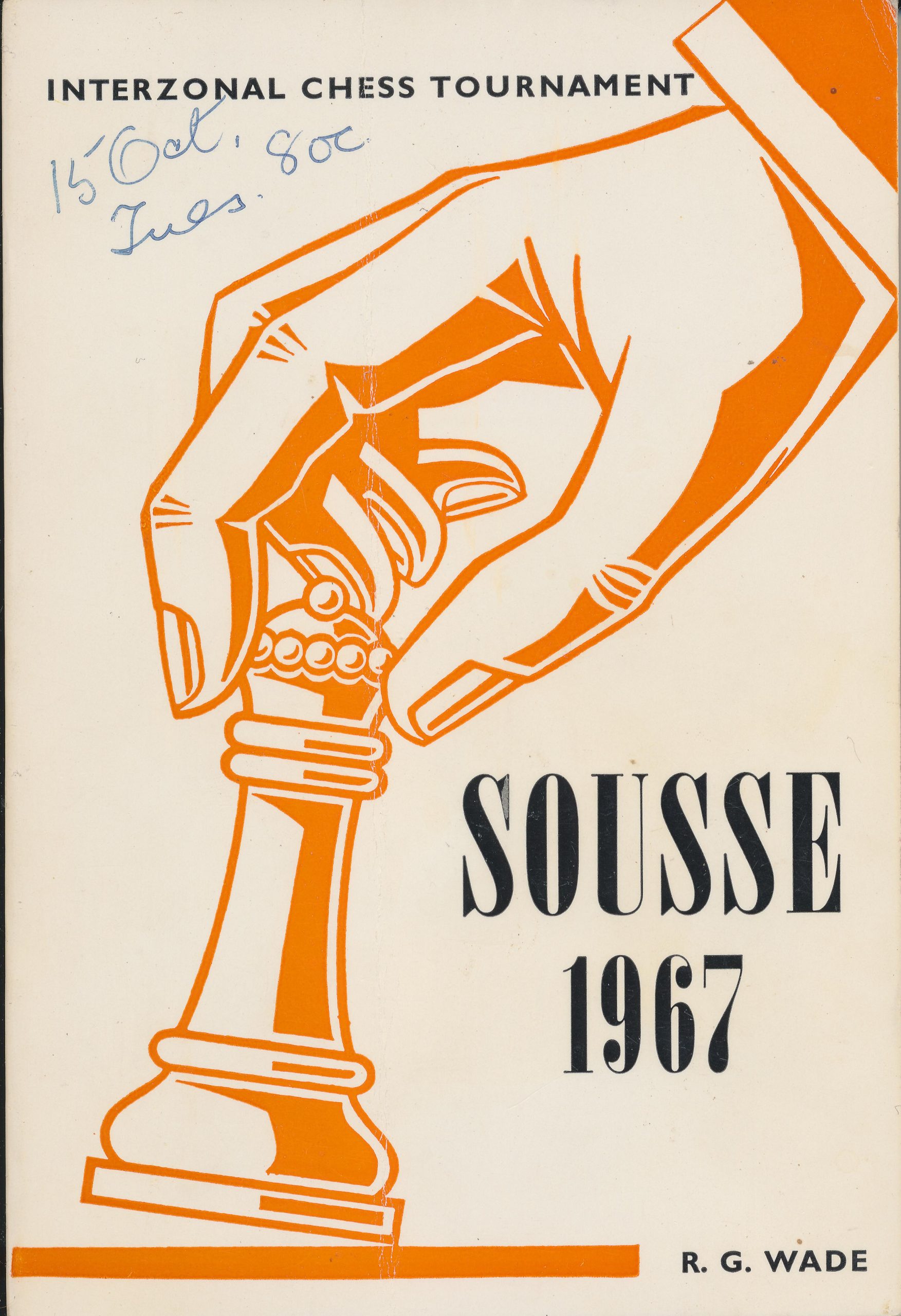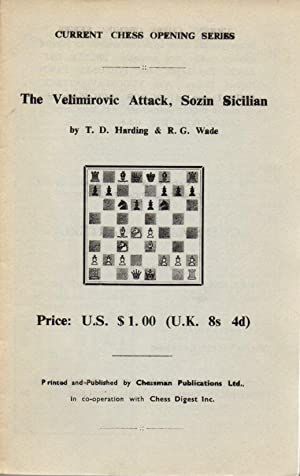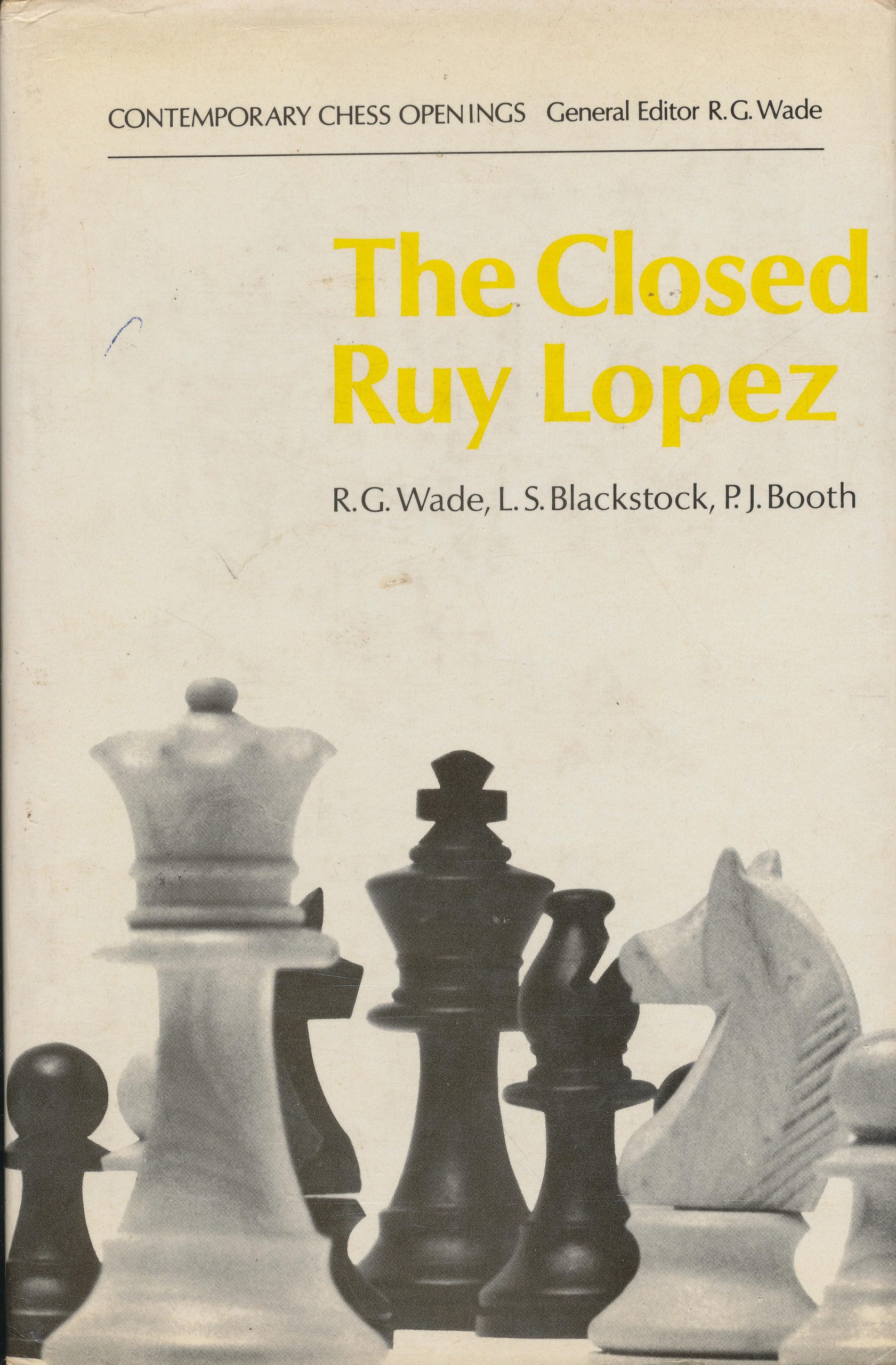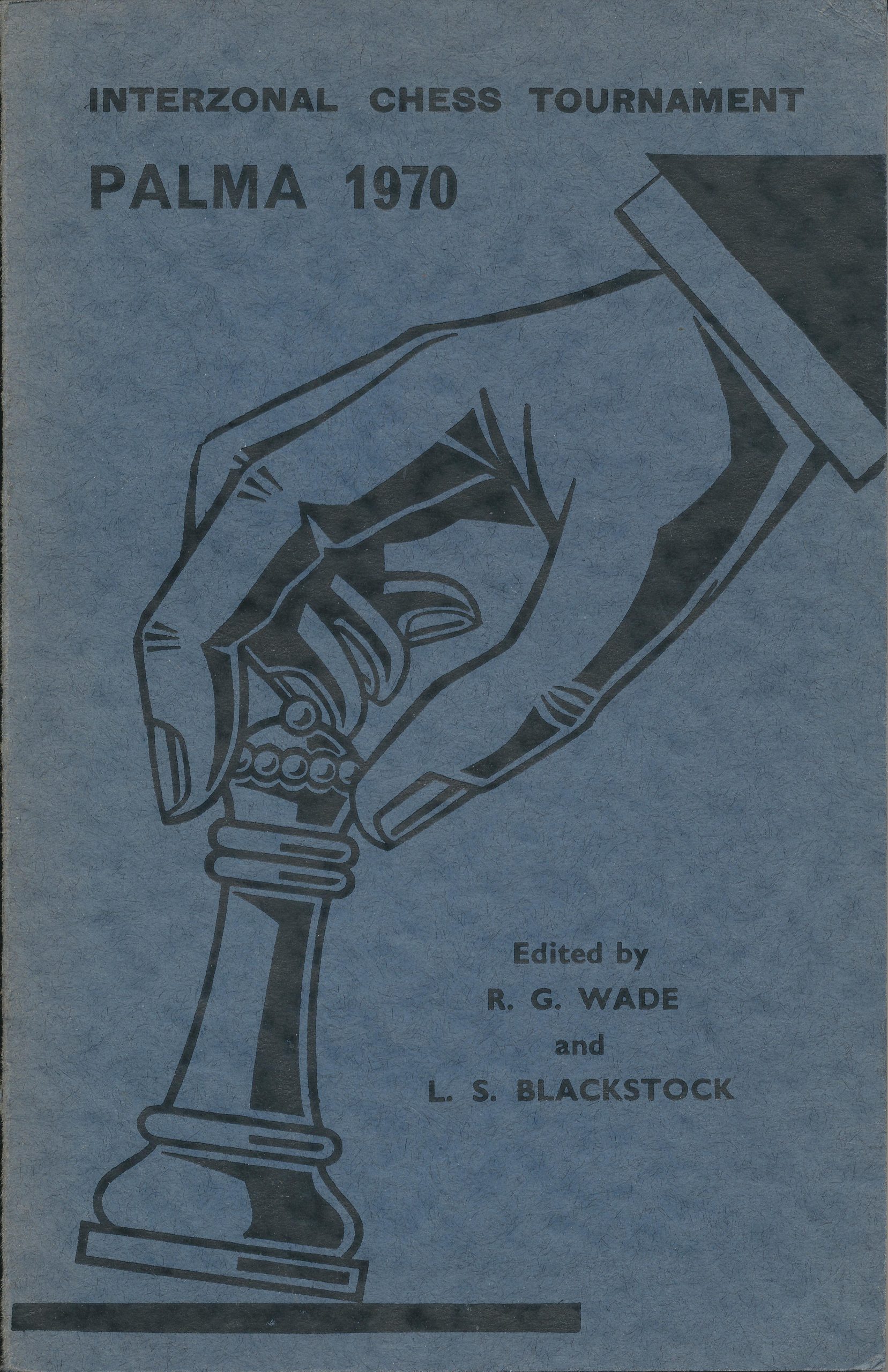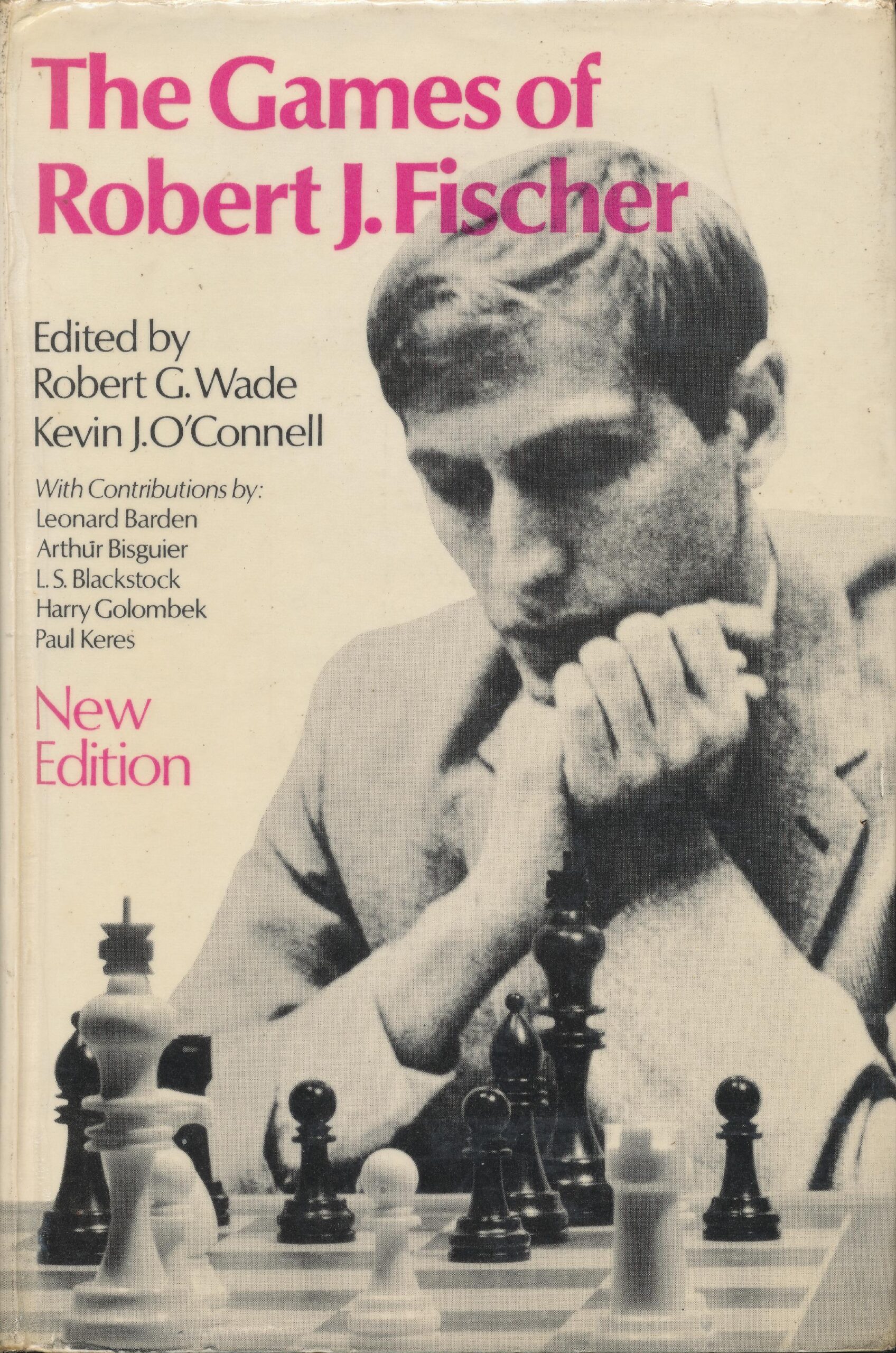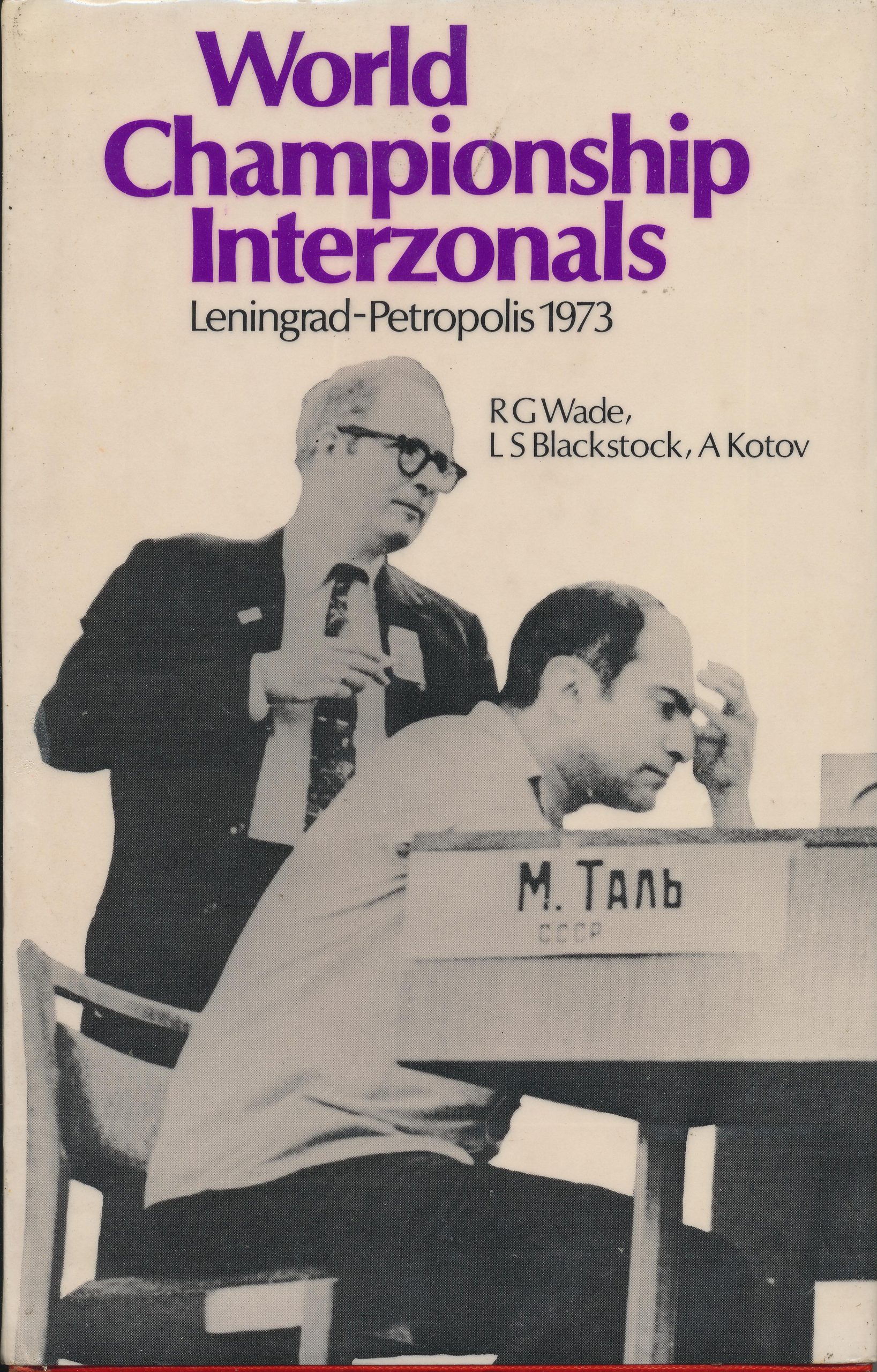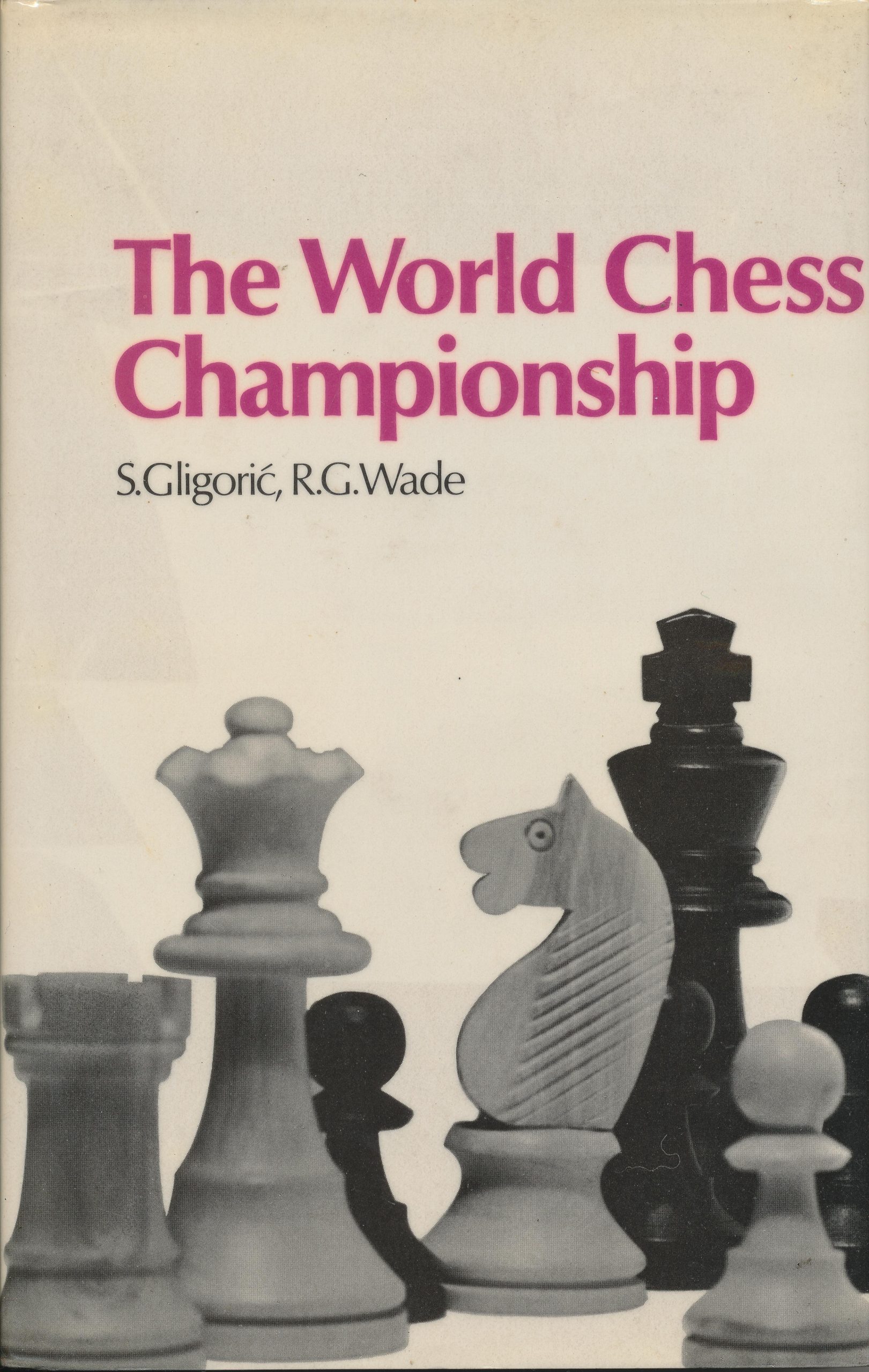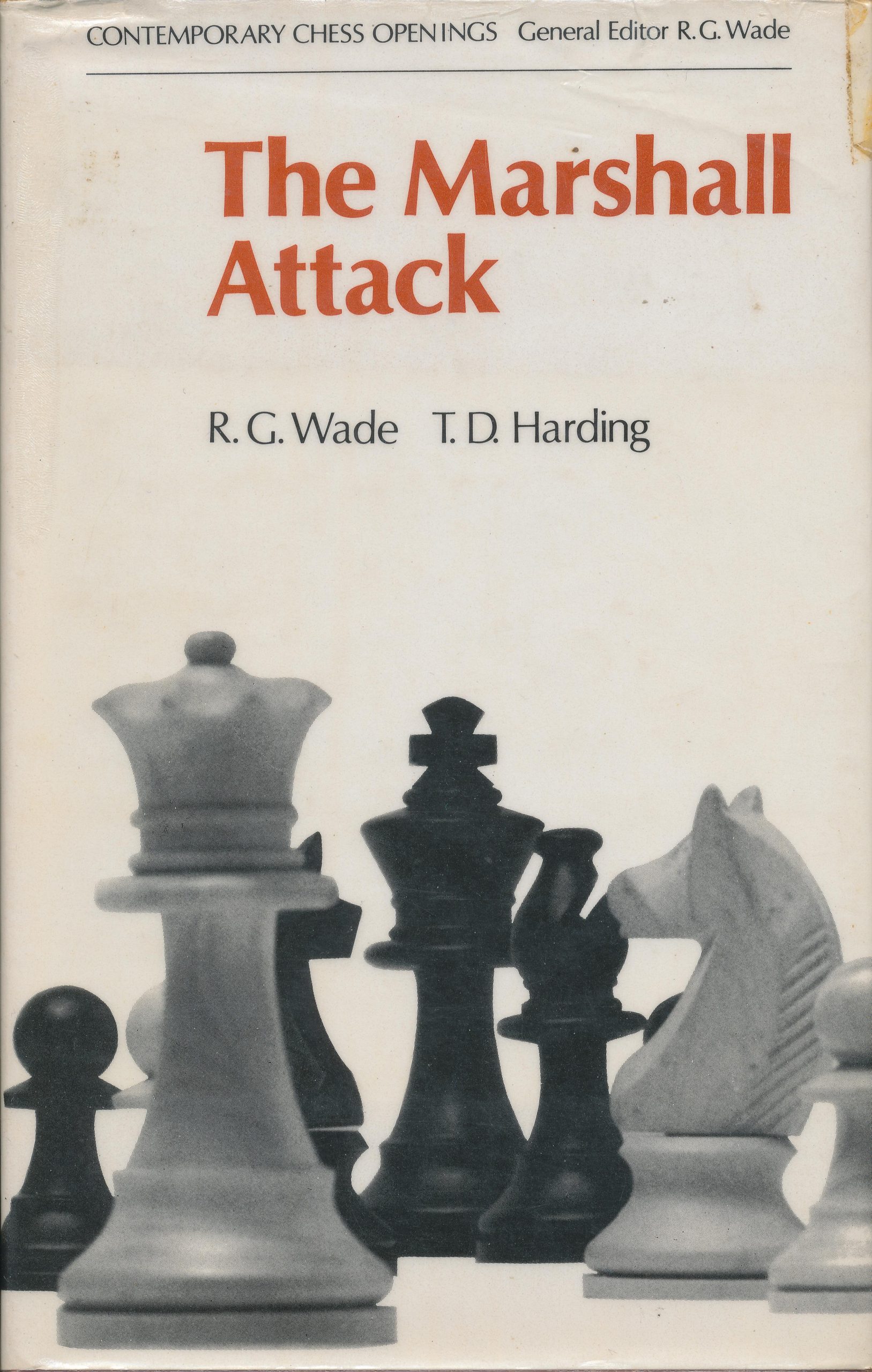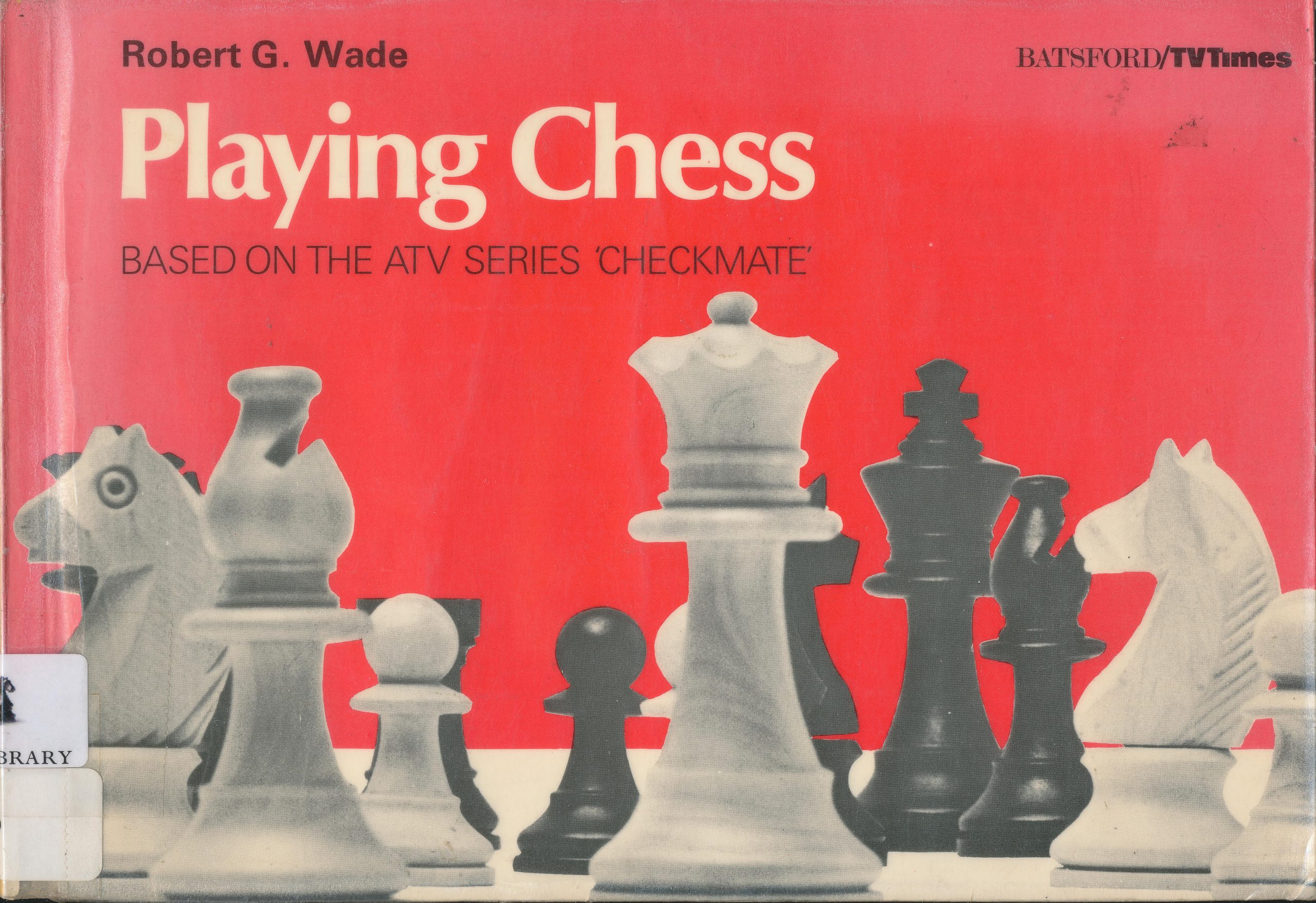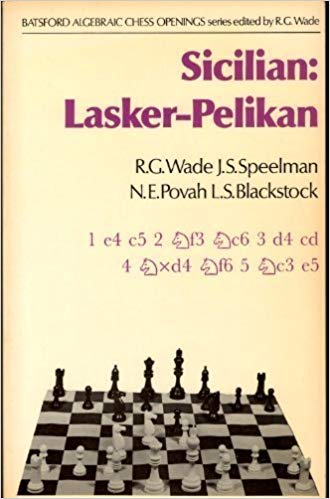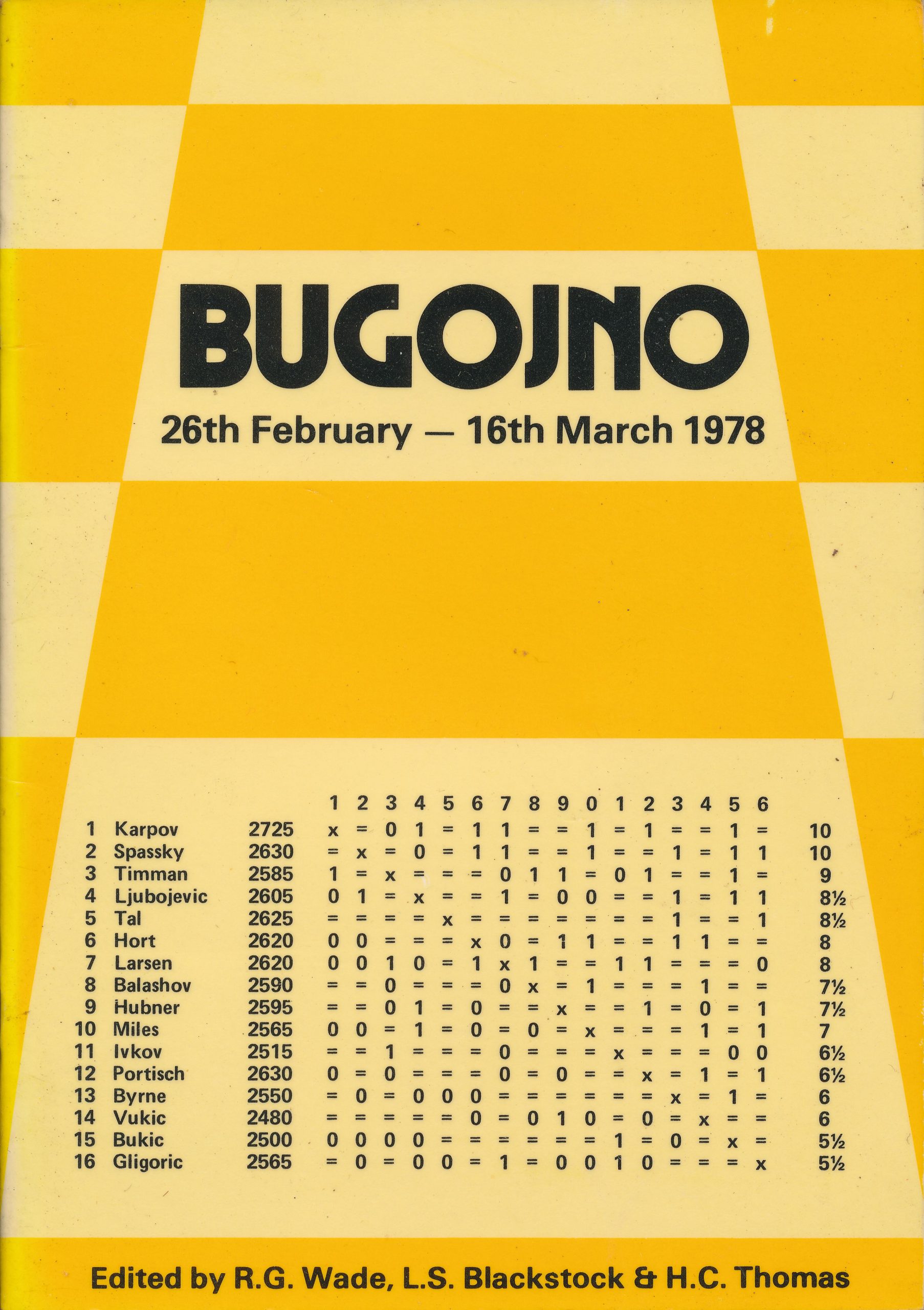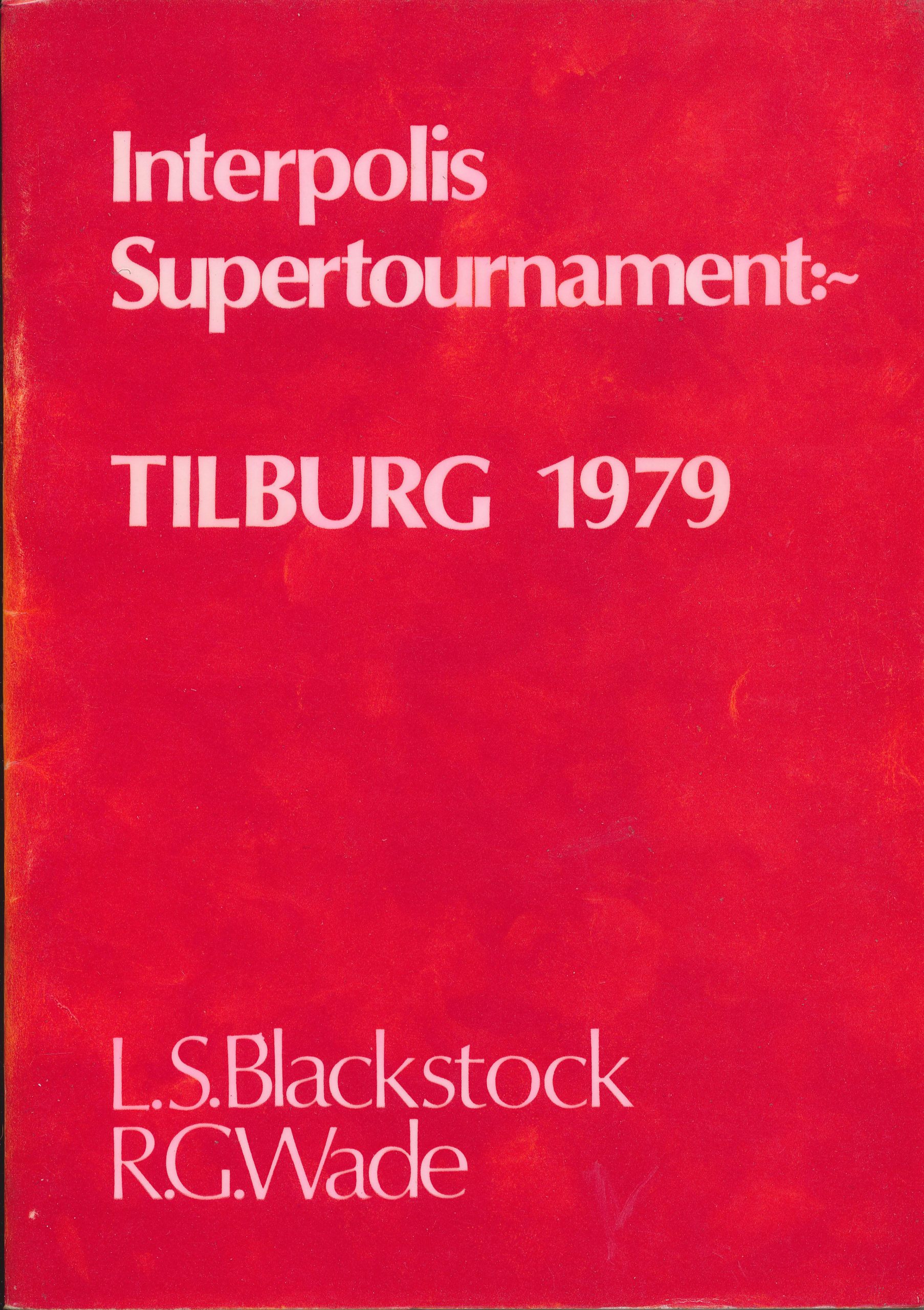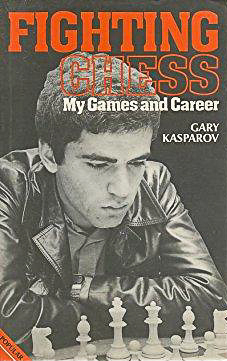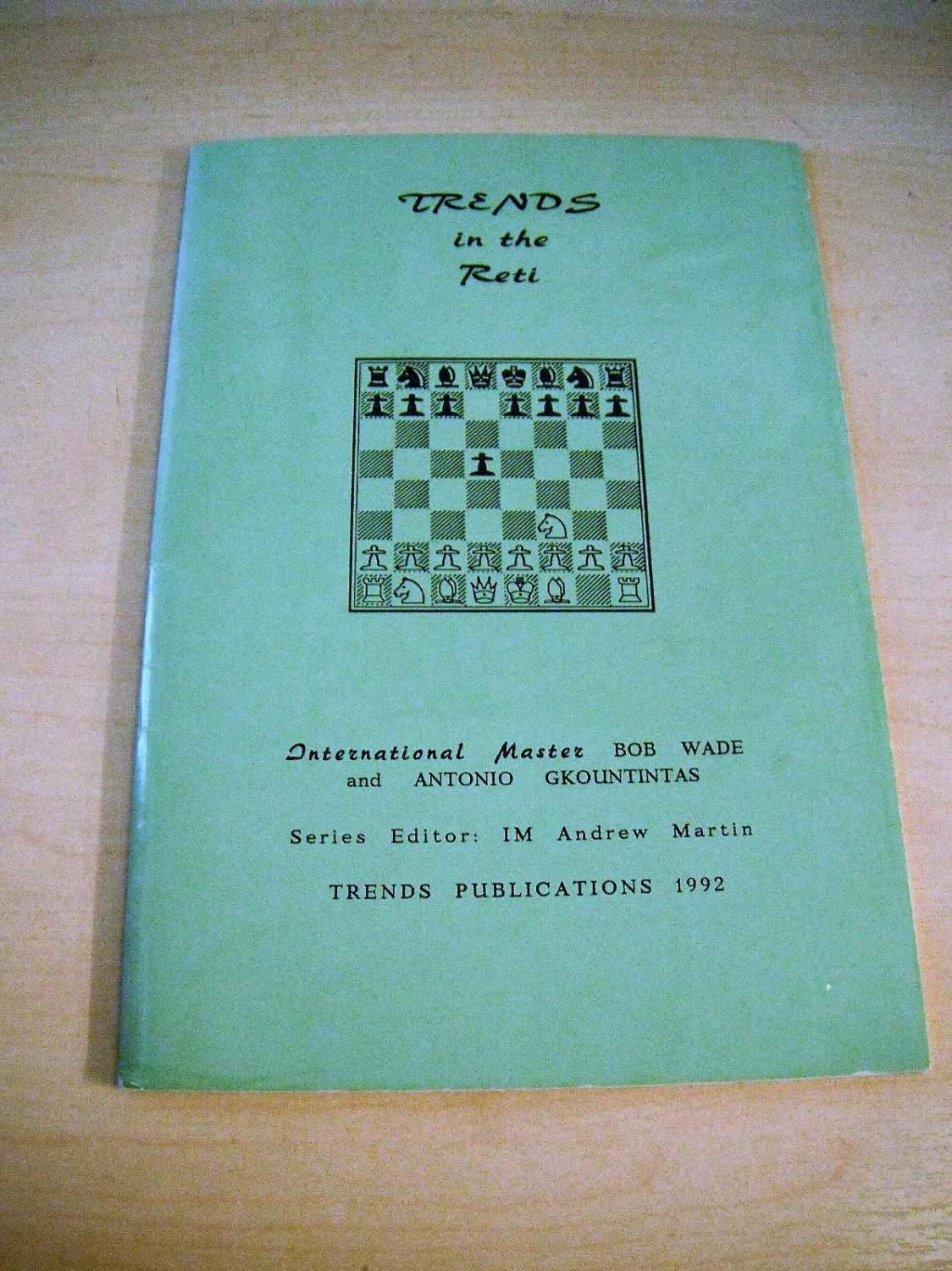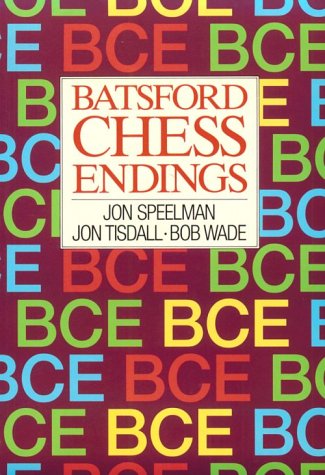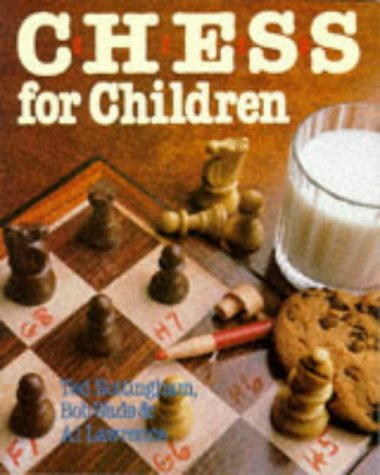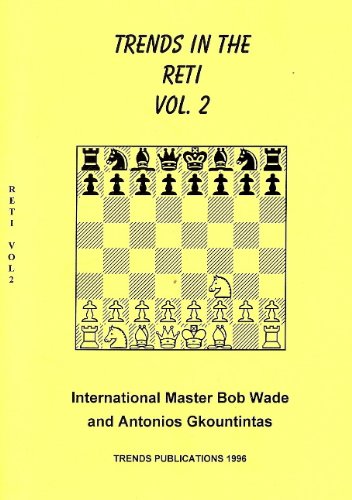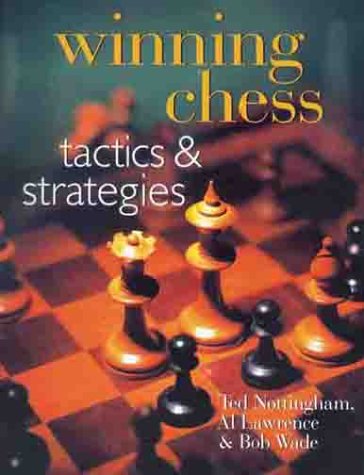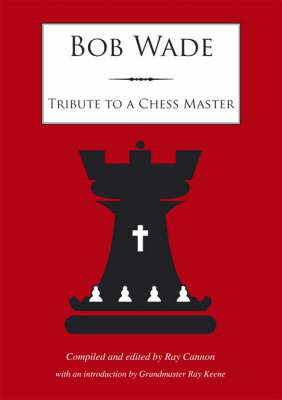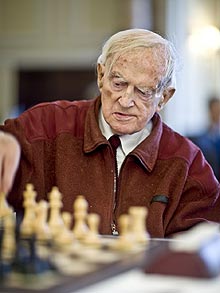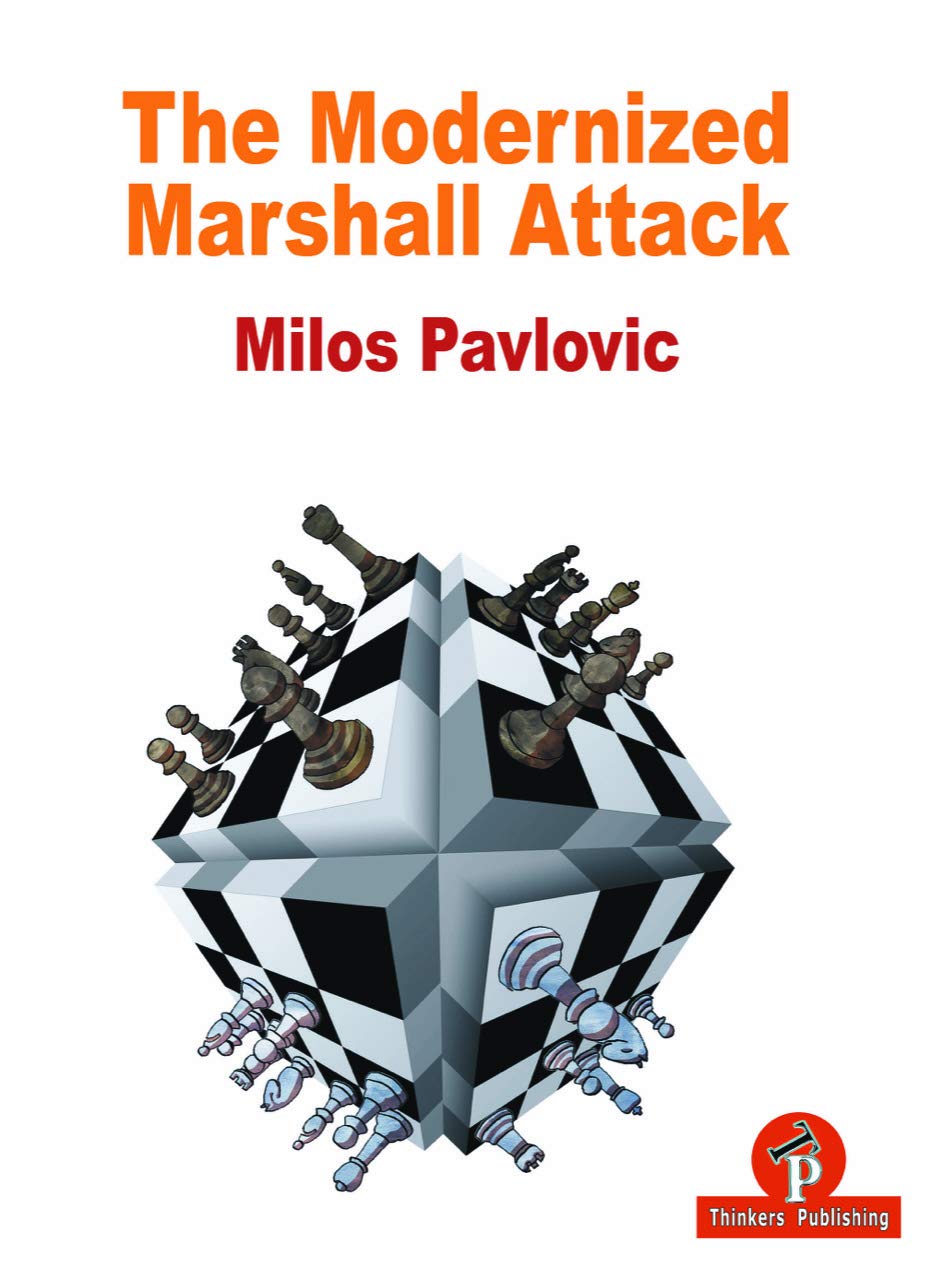
Grandmaster Milos Pavlovic was born in Belgrade in 1964 and was Yugoslav Champion in 2002. He is a well known theoretician specialising in opening theory and has written many chess books and magazine articles. Previously we have reviewed The Modernized Stonewall Defence and The Modernized Colle-Zukertort Attack by this author.
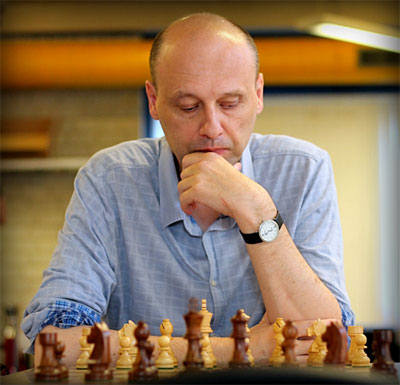
From the publisher :
“his book is about the Marshall Attack and the lines which can be grouped together under the banner of the so-called Anti-Marshall. The theory has developed so much in the last decade that there is more than enough material to be going on with just in those areas, but I also decided to include a detailed look at an important line in the Exchange Variation. Black’s key concept in the Marshall is giving up a central pawn in return for activity, and I have tried to give as many lines as possible which adhere closely to this principle. Why is this so significant? Well, for starters, usually in the Ruy Lopez Black is looking for long, slow games in solid, closed positions. The Marshall flips this on its head and Black tries to accelerate the play and radically change the character of the game at an early stage. Let’s briefly discuss the material of the book itself and the lines that I have decided to give. First of all, I started off with the standard Marshall Attack, after the initial moves: 1.e4 e5 2.Nf3 Nc6 3.Bb5 a6 4.Ba4 Nf6 5.0-0 Be7 6.Re1 b5 7.Bb3 0-0 8.c3 d5. I have given direct analysis wherever possible and I have tried to cover all the essential lines. Of course, with the passing of the years and the continual development of theory we can see how the popularity of some positions has shifted and, in some cases, how certain lines have simply been rendered obsolete. I also discovered, to my surprise, that there are still new, unexplored, and interesting paths for further analysis.”
As with every recent Thinkers Publishing publication high quality paper is used and the printing is clear. The book can easily be laid flat next to the board and does not require weights to prevent it from “self-closing” (a particular bugbear of ours !). Each diagram is clear and the instructional text is typeset in two column format, which, we find, enables the reader to maintain their place easily. Figurine algebraic notation is used throughout and the diagrams are placed adjacent to the relevant text and each diagram has a “to move” indicator.
After decades of incinerating opponents with the Sicilian Dragon, the reviewer’s addiction to the wyvern is waning after meeting many well primed, prepared, Saint Georges.
This good, action packed book on the modern Marshall attack is the answer to the reviewer’s quest for an aggressive new opening against 1.e4. The issue of well prepared adversaries will not go away with databases and engines and the Marshall is just as susceptible to deep preparation, but this guide will give the reader a very good grounding. The Marshall pawn sacrifice is clearly sound and the fact that the Anti-Marshall section of this book is the biggest part shows that the top players clearly agree that Frank Marshall’s concept is still alive and burning.
As the name of this volume suggests, it does not cover all variations of the Marshall; to do that would require a huge series of tomes. The publication concentrates on the topical lines although some important discarded variations are given for completeness and to show typical ideas. The book does not cover old lines such as the “Internet Refutation” and the “Pawn Push Variation”.
The book is definitely written from a black point of view. Although it is not a traditional black to play and win and/or neutralise white’s advantage repertoire. The publication does have some future proofing built in, because in certain key variations, multiple black alternatives are given. This not only reflects trendy theory but if a line is busted, there is a fallback.
There is plenty of original analysis given with some very long lines that the reader should check carefully with a strong engine. The same goes for any book of this type. The reviewer has not found any major analytic howlers yet, but I have only scratched the surface. Occasionally, the writer claims that a move is new when in actual fact, it has been known for over ten years.
The book is divided into three parts:
Part 1 – The Marshall Attack with d4 (traditional Marshall)
Part 2 – The Marshall Attack with d3
Part 3 – The Anti-Marshall
Each part is then divided into four to six chapters which are of an appropriate length for easy reading. Where necessary sub-chapters are introduced which are well structured and easy to find.
To whet the readers’ appetites, here are some exciting positions from Part 1:
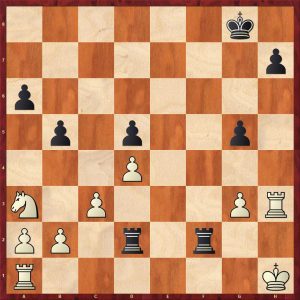
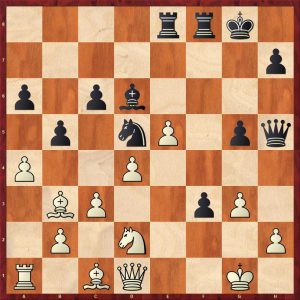
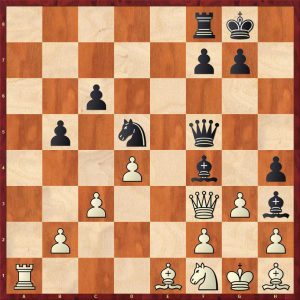
Here is a famous scrap showing one of the great Marshall practitioners, Peter Leko, in action, which is given in the book:
Vassily Ivanchuk v Peter Leko (Ningbo 2011)
1. e4 e5 2. Nf3 Nc6 3. Bb5 a6 4. Ba4 Nf6 5. O-O Be7 6. Re1 b5 7. Bb3 O-O 8. c3
d5 9. exd5 Nxd5 10. Nxe5 Nxe5 11. Rxe5 c6 12. d4 Bd6 13. Re1 Qh4 14. g3 Qh3
15. Qe2 Introduced about 10 years ago.
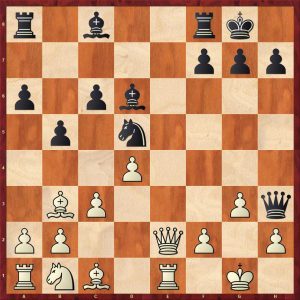
Bg4 16. Qf1 Qh5 17. Nd2 f5 Probably best sharpening the game with a typical Marshall thrust (17… Rae8 is an alternative) 18. c4
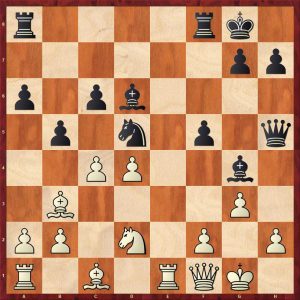
18. f3 is the main line now. 18… f4
19. cxd5 c5! An excellent zwischenzug
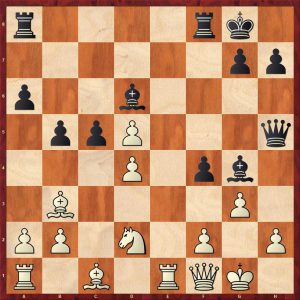
20. Re4 This leads to a
complex draw with best play. 20. Re5 Is not advised and loses as follows: Bxe5 21. dxe5
fxg3 22. hxg3 Rae8 White’s lack of development costs him 23. e6 c4 24. Bc2
Qxd5 25. Be4 Qd4 26. Qg2 Rxe6 27. Bd5 Rxf2! A pretty finish, winning
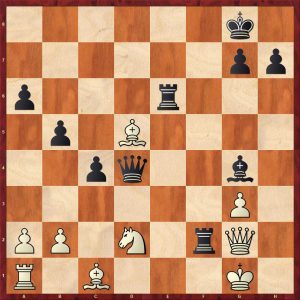
20… c4 21. Bc2 fxg3 22.
hxg3 Bxg3 23. fxg3 Rxf1+ 24. Nxf1
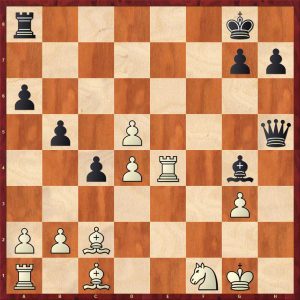
Qh3 White has a pile of material for
the queen, but his lack of development prevents him from exploiting it. 25. Re3 Rf8 26. Bd2 Bf3 27. Rxf3 Rxf3 28. Be4 Rxg3+ 29. Nxg3 Qxg3+
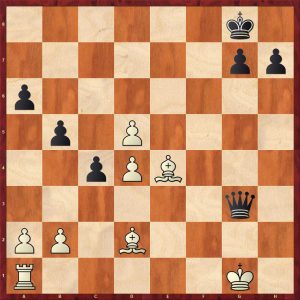
30. Bg2? A suicidal winning attempt 30. Kf1 Qh3+ 31. Ke2 Qh2+ 32. Ke3 Qh3+ Is a draw by perpetual:
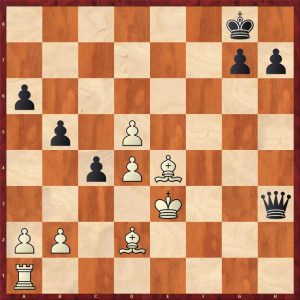
30… Qd3 Black is winning as the white pieces lack
coordination and the black queen is a perfect shepherdess for the passed pawns
31. Be1 Qxd4+ 32. Bf2 Qxb2 33. Rf1 Qd2 34. Bc5 g6 35. Rf8+ Kg7 36. Rf2 Qd1+ 37. Rf1 Qd2 38. Kh2 c3 39. Rf2 Qe1 40. Bd4+ Kh6 41. Bh3 c2 0-1
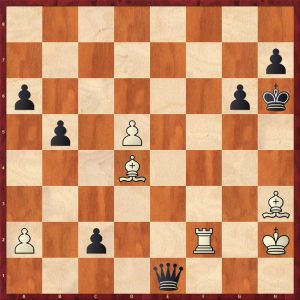
Some fascinating positions from Part 2 (Marshall accepted with d3) follow:
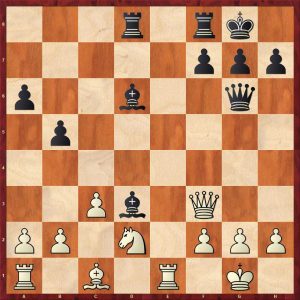
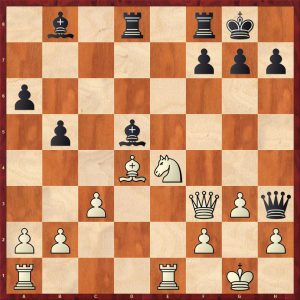
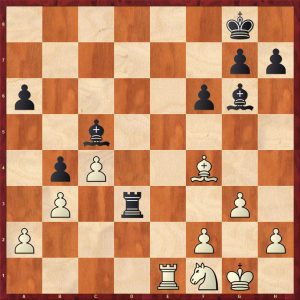
See another great Marshall player, Lev Aronian, in action in this game:
M. Vachier Lagrave – L. Aronian Sharjah Grand Prix 2017
1. e4 e5 2. Nf3 Nc6 3. Bb5 a6 4. Ba4 Nf6 5. O-O Be7 6. Re1 b5 7. Bb3 O-O 8. c3
d5 9. exd5 Nxd5 10. Nxe5 Nxe5 11. Rxe5 c6 12. d3 The modern line Bd6 13. Re1 Bf5
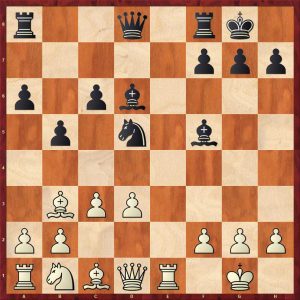
(13… Qh4 14. g3 Qh3 15. Re4!? Testing black’s setup.}Nf6 16. Rh4 Qf5 17. Nd2 Is the critical line Ng4 18. f3 Ne3 19. Qe2 Nd5 20. c4 Is a crucial try)
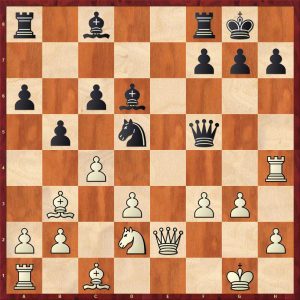
14. Qf3 Qh4 (14… Qf6 Leads to an inferior endgame for
black. No one plays the Marshall for this! 15. Nd2 Qg6 16. Bd1 Bxd3 17. Ne4
Bxe4 18. Qxe4 Qxe4 19. Rxe4 Rae8 20. Rxe8 Rxe8 21. Kf1)
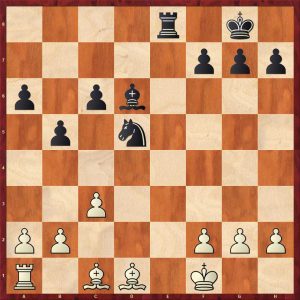
15. g3 Qh3
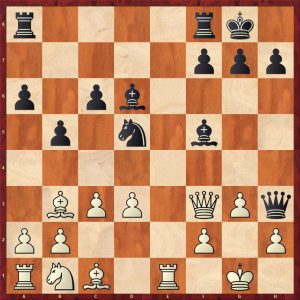
16. Be3 White gives back the pawn to develop and achieve a small edge but black is ok with accurate play. (16. Nd2 Leads by force to a well known endgame which is drawn if black is careful. Rae8 17. Ne4 Bg4 18. Qg2 Qxg2+ 19.
Kxg2 f5 20. h3 Bh5 21. Bf4 Bxf4 22. gxf4 fxe4 23. dxe4 Bf3+! 24. Kxf3 Rxf4+
25. Kg3 Rfxe4 26. Rxe4 Rxe4 27. f3)
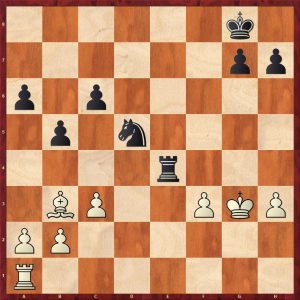
16… Bxd3 17. Nd2 Qf5 18. Bd4 A modern Marshall tabiya, perhaps white has a very small edge)
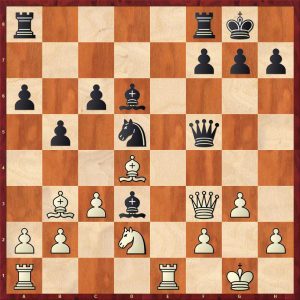
Rfe8 (18… Rfd8 Is a serious alternative.) 19. a4 h6 20. Kg2 Qxf3+ 21. Nxf3
(21. Kxf3 Rxe1 22. Rxe1 Bf5 23. Ne4 Bf8 24. Nc5 Nb6 25. g4 Nd7! Equalising by removing the strong knight.) 21… Rac8 22. axb5 axb5 23. Ra6 Rxe1 24. Nxe1
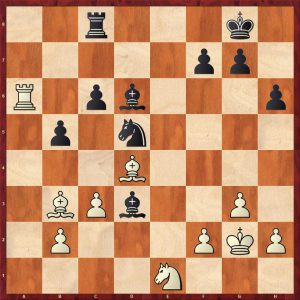
24… Nc7 Black skillfully neutralises white’s small edge. 25. Rb6 Bf5 26.
Bc2 Be6 27. Be4 Nd5 28. Ra6 b4 29. c4 Nf6 30. Bf3
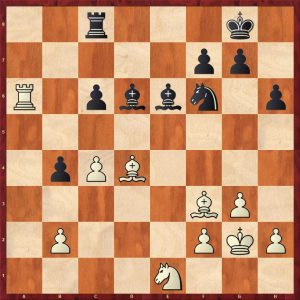
Bxc4 Black has completely equalised. The ending is a straightforward draw at elite level 31. Rxc6 Rxc6 32.
Bxc6 Kf8 33. Nc2 Nd5 34. Kf3 g6 35. Ne3 Nxe3 36. Bxe3 g5 37. Ke4 Ke7 38. Kd4 Be2 39. Bb7 f6 40. f4 gxf4 41. Bxf4 Bxf4 42. gxf4 Kd6 43. h4 1/2-1/2
Part 3 covers the Anti-Marshalls which are by their nature, more of positional manoeuvring battles. However, Ding Liren succeeded in sharpening up this game. What did he play here?
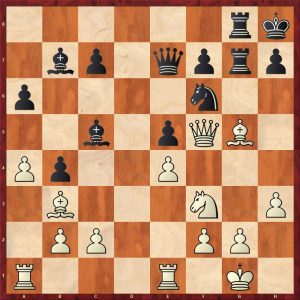
The final game is an all British bout showing David Howell versus Michael Adams, who is another famous Marshall pro.
David Howell-Michael Adams 2018
1. e4 e5 2. Nf3 Nc6 3. Bb5 a6 4. Ba4 Nf6 5. O-O Be7 6. Re1 b5 7. Bb3 O-O 8. a4 The main Anti-Marshall
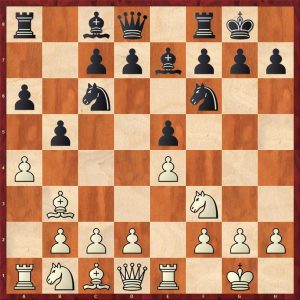
8…b4 The modern choice. (8…Bb7 is an alternative
but commits the bishop rather early.)
9. d3 d6 10. a5 A key strategic move, but black is fine.
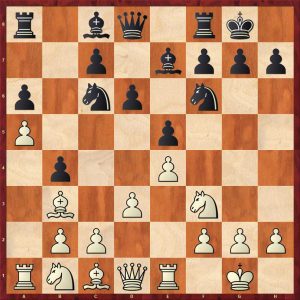
Be6 11. Bxe6 Popular at the moment. White is hoping to achieve c3 and d4 to show the weakness of black’s centre. 11. Nbd2 This is an important alternative 11… fxe6
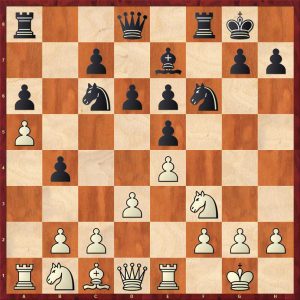
12. Nbd2 d5 (12… Rb8 and 12… Qe8 are both
important alternatives) 13. c3 Bc5 14. Nb3 Ba7 15. Be3 bxc3 16. bxc3 dxe4 17.dxe4 Qxd1 18. Raxd1 Rab8 19. Nc5 Bxc5 20. Bxc5 Rfd8 21. Rxd8+
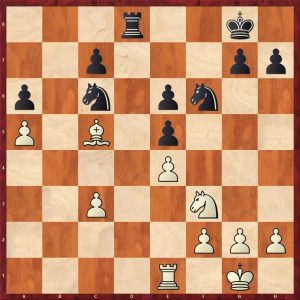
21… Rxd8 Black has exchanged pieces and achieved a slight edge. 22. Kf1 h6 23. Bb4 Kf7
24. h4 Ke8 25. Ke2 Nxe4 26. Kf1 Nd2+ 27. Nxd2 Rxd2 28. Re4 h5 29. Re3 Rd5 30.
Rg3 Kf7 Black has an advantage here, but Michael Adams must have had an off day here. 31. Rf3+ Kg6 32. Rg3+ Kh7 33. Rf3 Nxb4 34. cxb4 c5 35. bxc5 Rxc5 36.
Ra3 Kg6 37. Rg3+ Kh6 38. Ra3 Rc4 39. Rb3 Rc5 40. Rb6 Rxa5 41. Rxe6+ Kh7 42. Ke2 Kg8 43. Re7 Kh7 44. Re6 Kg8 45. Re7 Kf8 46. Rc7 Ra4 1/2-1/2
There is an extensive appendix covering the Exchange Variation which initially looked out of place to the reviewer, but on reflection it has good coverage of a decent suggestion.
My overall summary of this book: very good.
FM Richard Webb, Chineham, Hampshire, 29th November 2020
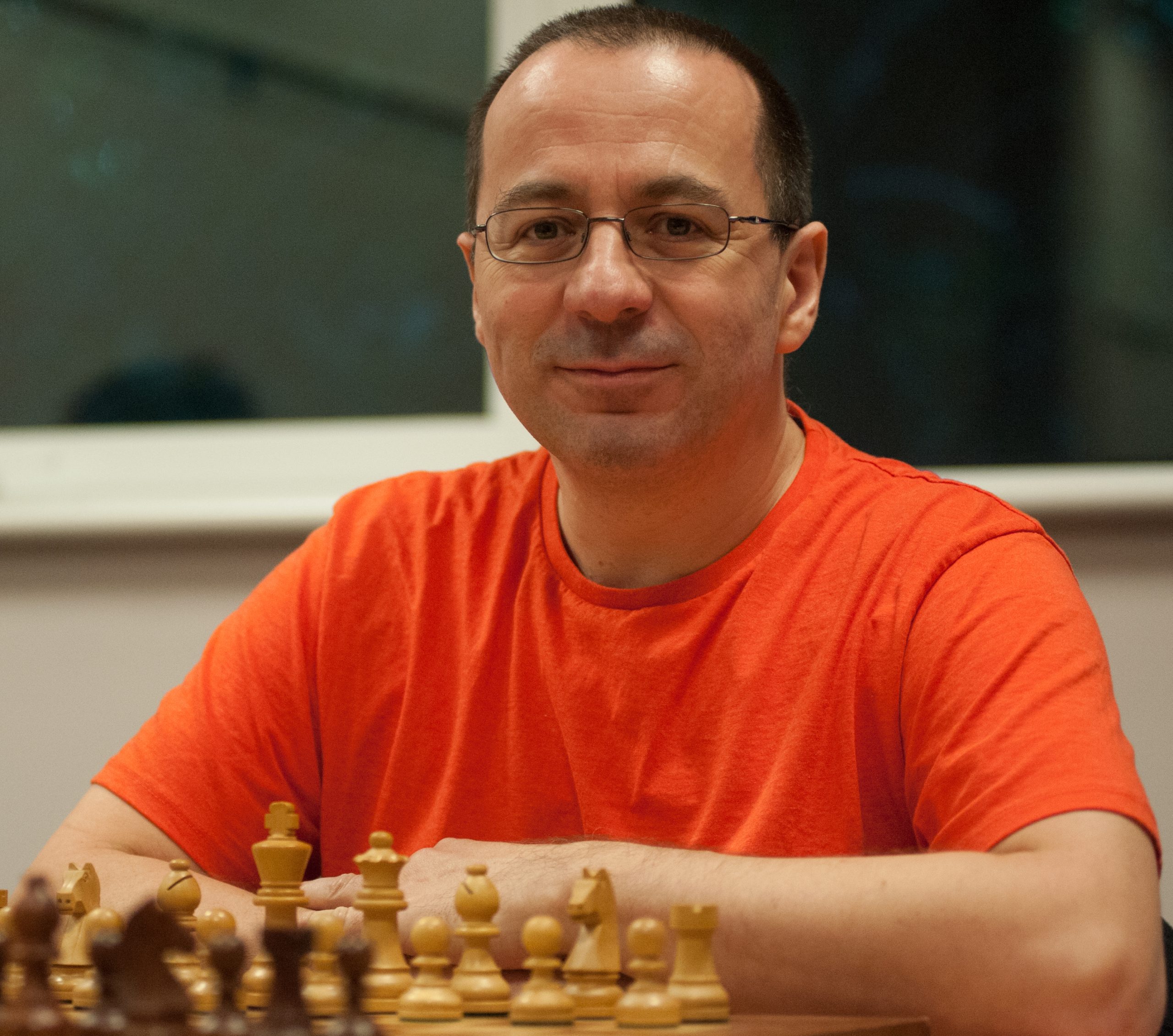
Book Details :
- Hardcover : 232 pages
- Publisher:Thinkers Publishing; 1st edition (22 Sept. 2020)
- Language:English
- ISBN-10:9492510855
- ISBN-13:978-9492510853
- Product Dimensions: 16.51 x 1.52 x 22.86 cm
Official web site of Thinkers Publishing


